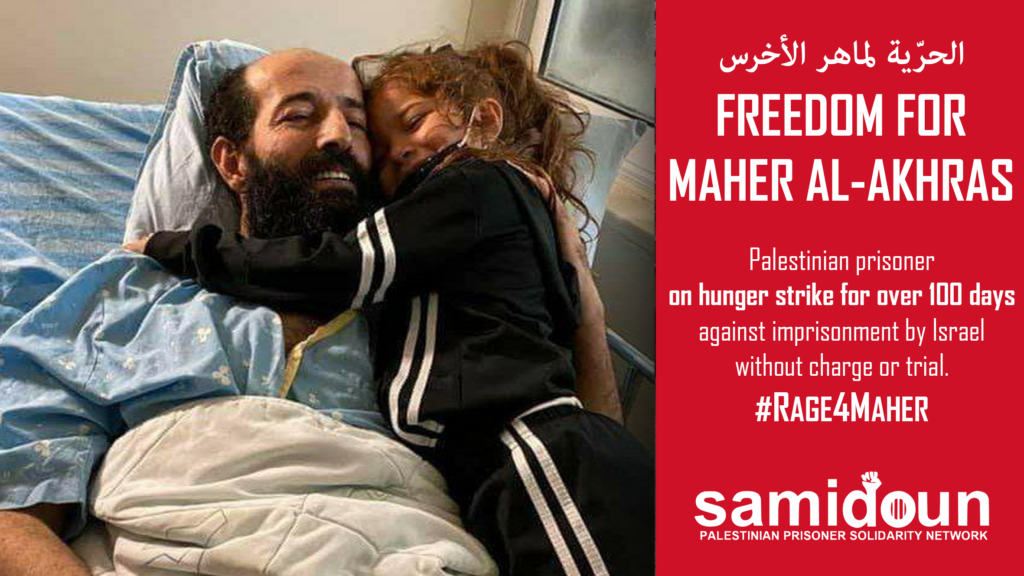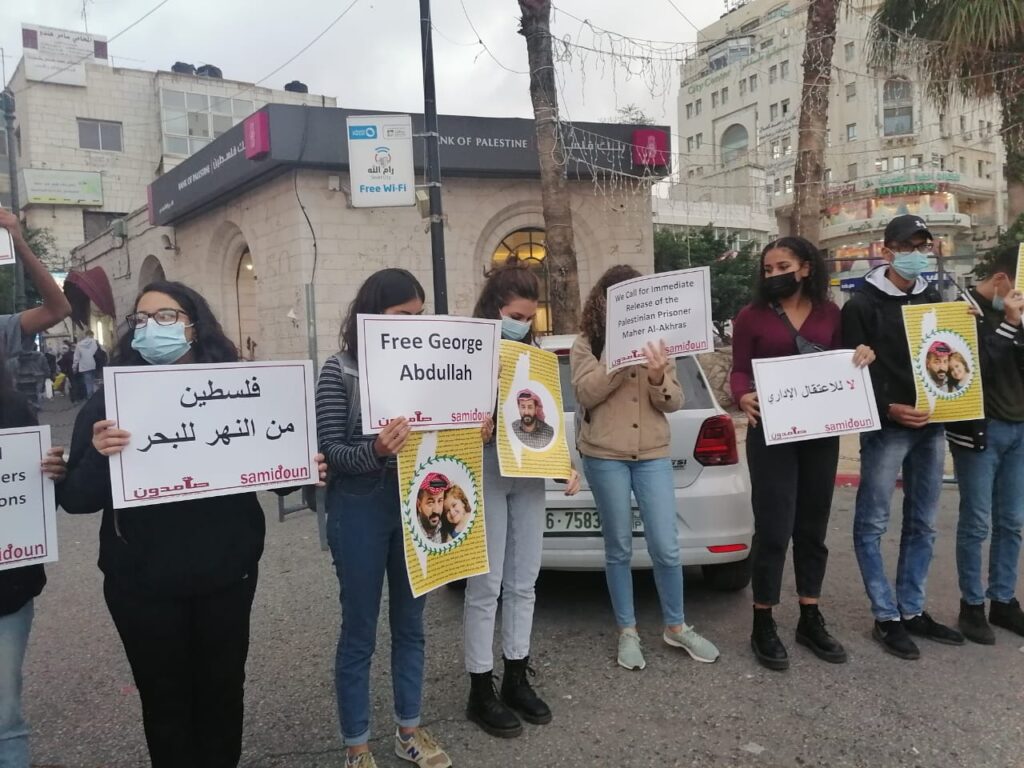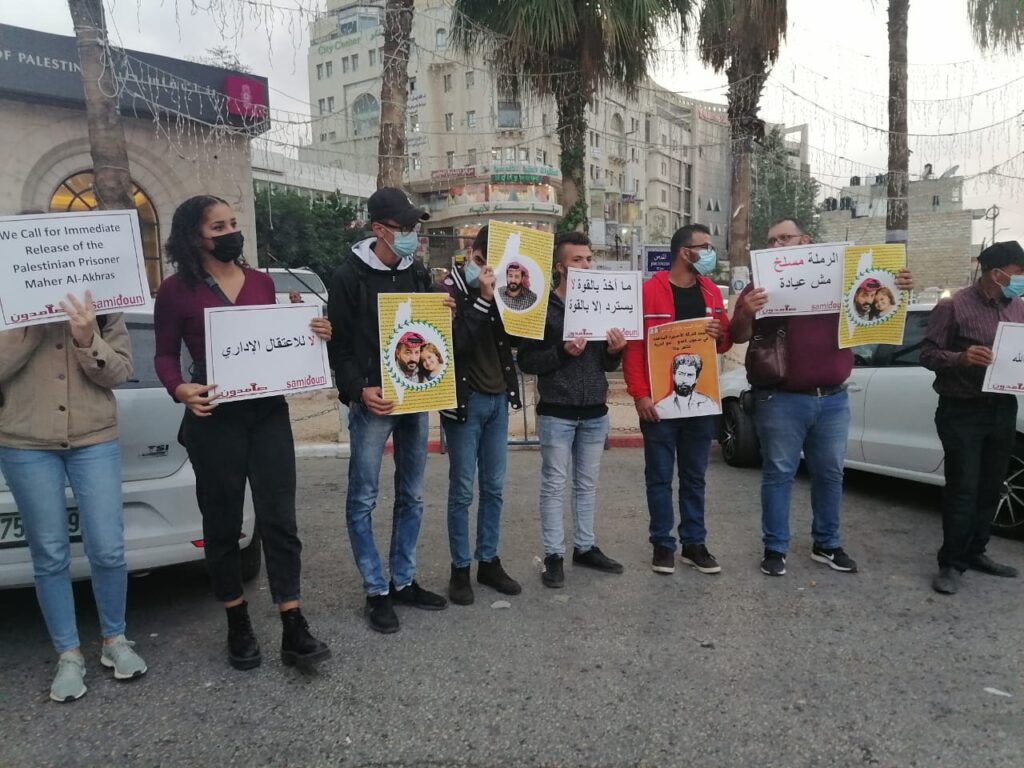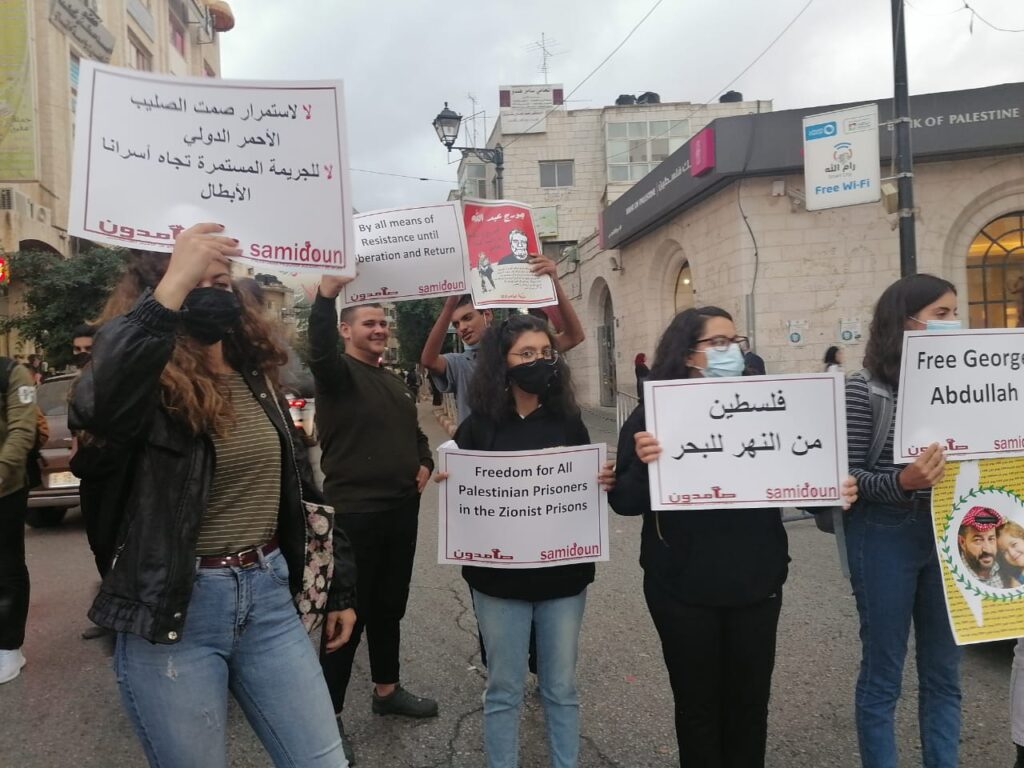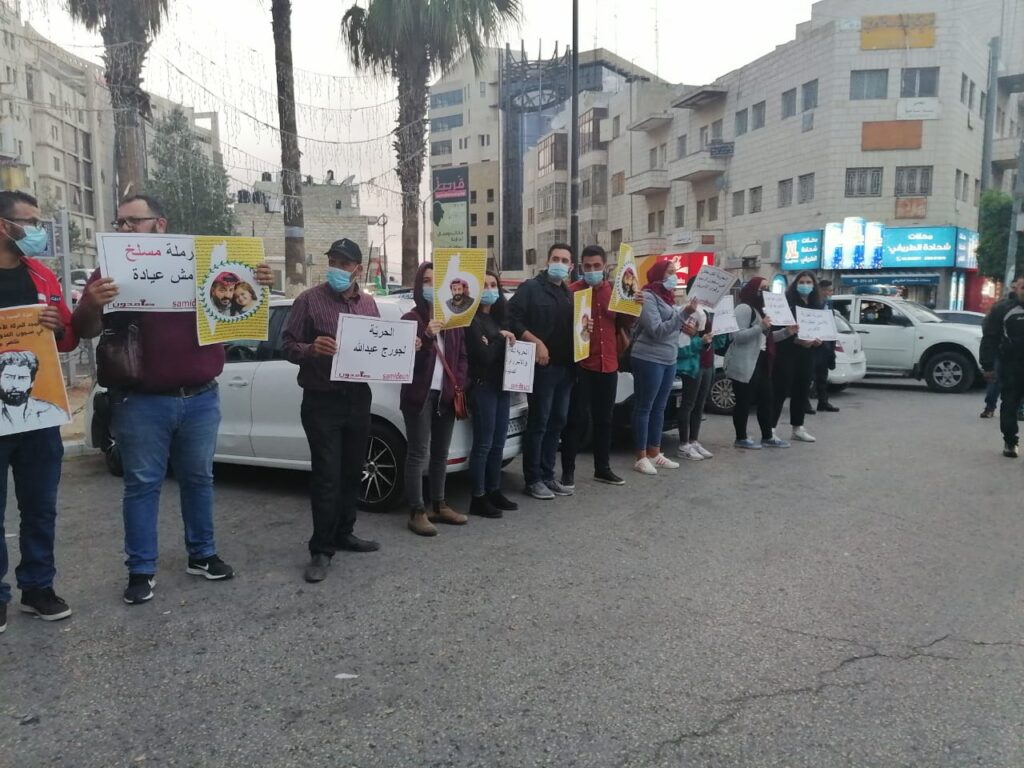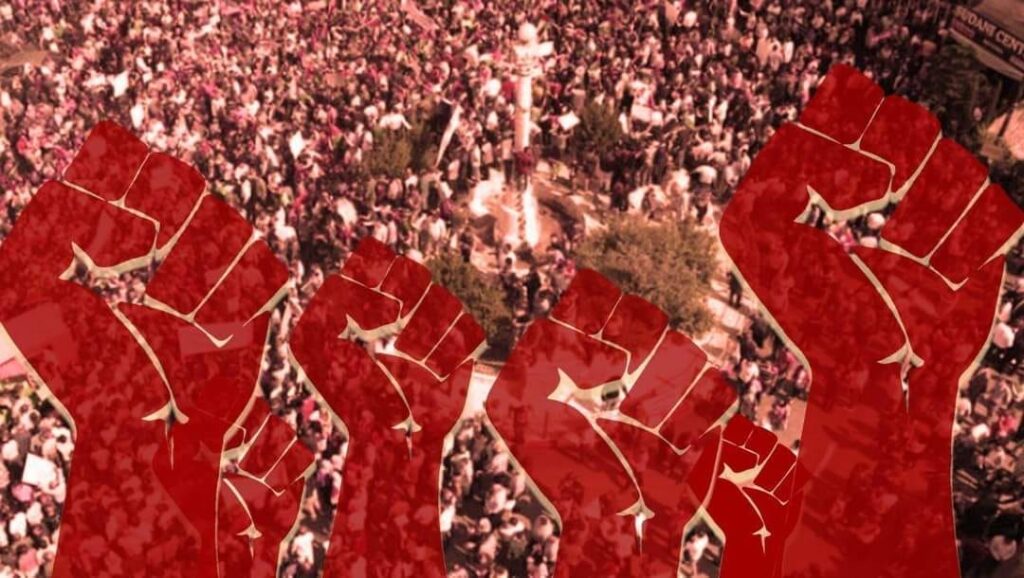
A call from the Samidoun Network – Germany
To the Palestinian people and all supporters of Palestinian rights and the resistance, in all cities and regions of Germany:
Samidoun Palestinian Prisoner Solidarity Network – Deutschland invites you to participate and join with us in the programs and activities of our network defending the rights of the Palestinian prisoners’ movement, struggling inside the prisons of Zionist colonialism and exposed to the worst form of oppression and collective punishment, and to volunteer with us to support and uphold the rights of the Palestinian people and their just and legitimate cause in Palestine, Germany and everywhere.
The Samidoun Network in Germany confirms its principled position alongside the struggles of oppressed peoples everywhere fighting for liberation, social justice and equality, and in support of all groups fighting racism and fascism inside and outside Germany. We demand the freedom of political prisoners in all of the regimes of oppression and imperialism, foremost among which the liberation of the freedom fighter, comrade Georges Ibrahim Abdallah. He has been imprisoned in French prisons for more than 36 years, and we urge support of his struggle for freedom and his safe return to his homeland, Lebanon. We demand the release of all imprisoned activists of the trade union, student and women’s movements, including the immediate release of Khitam Saafin, president of the Union of Palestinian Women’s Committees.
Contact us through our website and our pages about how to participate in our programs and establish volunteer working groups in Germany.
E-mail: samidoun@samidoun.net
Facebook: Samidoun Deutschland
Main website: www.samidoun.net
————————————————————————–
بيان صادر عن شبكة صامدون -ألمانيا
إلى شعبنا الفلسطيني وأنصار المقاومة والحقوق الفلسطينية في عموم المدن والمناطق الالمانية:
تدعوكم شبكة صامدون للدفاع عن الأسرى – المانيا – إلى المشاركة والانضمام معنا في برامج وأنشطة الشبكة دفاعاً عن حقوق الحركة الأسيرة الفلسطينية المناضلة في سجون الاستعمار الصهيوني التي تتعرض إلى ابشع أشكال القمع والعقوبات الجماعية، والتطوع معنا اسنادا ودعماً لحقوق شعبنا الفلسطيني ونضاله العادل والمشروع في فلسطين والمانيا وكل مكان.
ان شبكة صامدون في ألمانيا تؤكد على موقفها المبدئي مع نضال الشعوب المضطهدة التي تناضل من أجل التحرر والعدالة الاجتماعية والمساواة ، واسناد كافة التجمعات التي تواجه العنصرية والفاشية داخل وخارج ألمانيا، نطالب بحرية المعتقلين السياسيين في كل سجون انظمة القمع والاضطهاد وفي مقدمتهم حرية الأسير المناضل الرفيق جورج ابراهيم عبد الله المعتقل في السجون الفرنسية منذ أكثر من 36 سنة وندعو إلى إسناد نضاله من أجل الحرية والعودة سالما إلى وطنه لبنان. كما نطالب باطلاق سراح كل المناضلات والمناضلين من الحركات النقابية والطلابية والنسوية وبالافراج الفوري عن ختام سعافين رئيسة اتحاد لجان المرأة الفلسطينية.
تواصلوا معنا عبر موقعنا وصفحاتنا حول كيفية المشاركة في برامجنا وتأسيس مجموعات عمل تطوعية في المانيا.
البريد الالكتروني: samidoun@samidoun.net
صفحتنا على مواقع التواصل الاجتماعي: Samidoun Deutschland
الموقع الرئيسي: www.samidoun.net
————————————————————————–
Aufruf von Samidoun Deutschland
An unser Palästinensisches Volk und alle Unterstützer der Palästinensischen Frage und des Palästinensischen Widerstandes in den deutschen Städten und Bundesländern:
Das Netzwerk für die Solidarität mit den Palästinensischen Gefangenen – Samidoun Deutschland – ruft Euch zur Teilnahme an seinen Programmen und Aktivitäten auf, um für die Rechte der Palästinensischen
Gefangenen zu kämpfen und die militante Gefangenenbewegung zu unterstützen, die in den Gefängnissen des zionistischen Kolonialismus unter den schlimmsten Formen der Unterdrückung und der Kollektivstrafen leidet. Wir rufen Euch dazu auf, Euch mit uns zu engagieren, freiwillige und aktive Teilnehmerinnen und Teilnehmer an unserer Bewegung zu werden, und die Rechte des Palästinensischen Volkes im Rahmen seines legitimen und gerechten Kampfes mit voller Kraft zu verteidigen, in Palästina, in Deutschland, und in jedem Ort.
Das Netzwerk Samidoun Deutschland betont seine prinzipielle Position, auf der Seite der unterdrückten Völker zu stehen, die für die Emanzipation, die Gleichheit, und die soziale Gerechtigkeit kämpfen. Wir unterstützen alle Gruppen und Gemeinschaften, die gegen den Rassismus und den Faschismus – innerhalb und außerhalb Deutschlands – kämpfen, und wir verlangen die Befreiung der politischen Gefangenen in allen Gefängnissen der autoritären und unterdrückenden Regime. In erster Linie fordern wir die Freilassung von unserem Genossen Georges Ibrahim Abdallah, der seit mehr als 36 Jahren immer noch hinter den Gittern des reaktionären Französischen Kerkersystems sitzt. Wir rufen dazu auf, seinen Kampf für die Freiheit zu unterstützen, damit er unversehrt nach seinem Heimatland, dem Libanon, zurückkehren kann. Wir verlangen auch die Befreiung aller AktivistInnen der Gewerkschafter-, Studenten- und Frauenbewegung, und wir fordern die sofortige Freilassung von Khitam Saafin, die Präsidentin der Union der Komitees der Palästinensischen Frauen.
Kontaktiert uns via unsere Internetseiten und erfahrt mehr über die Möglichkeiten der Kooperation, der Teilnahme an unserem Vorhaben sowie der Gründung von freiwilligen Arbeitsgruppen in Deutschland.
E-mail: samidoun@samidoun.net
Webseite: www.samidoun.net

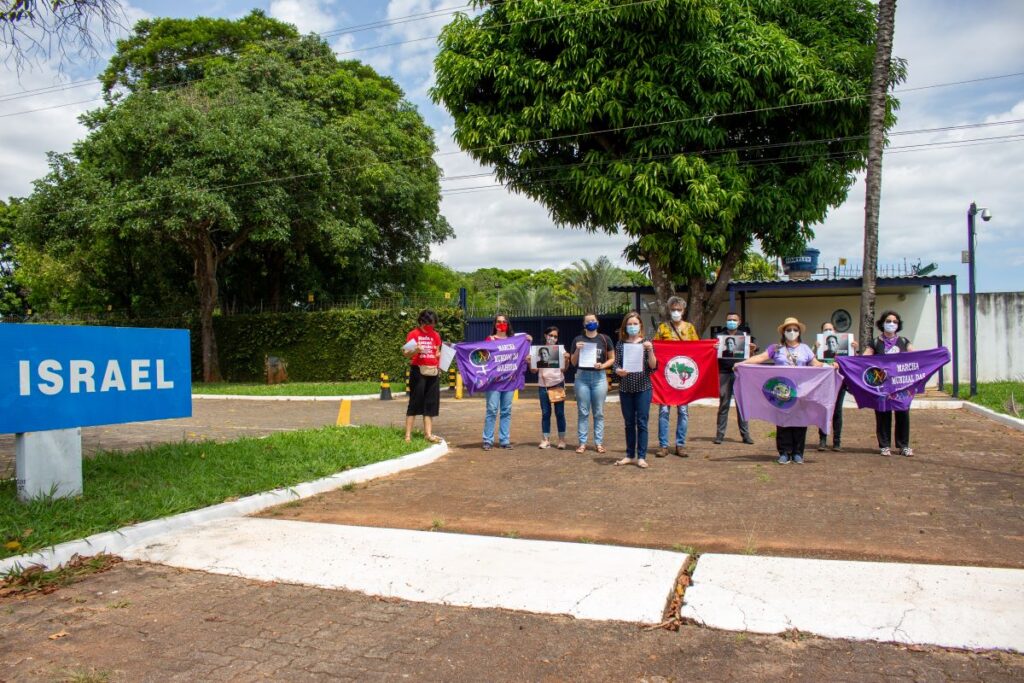
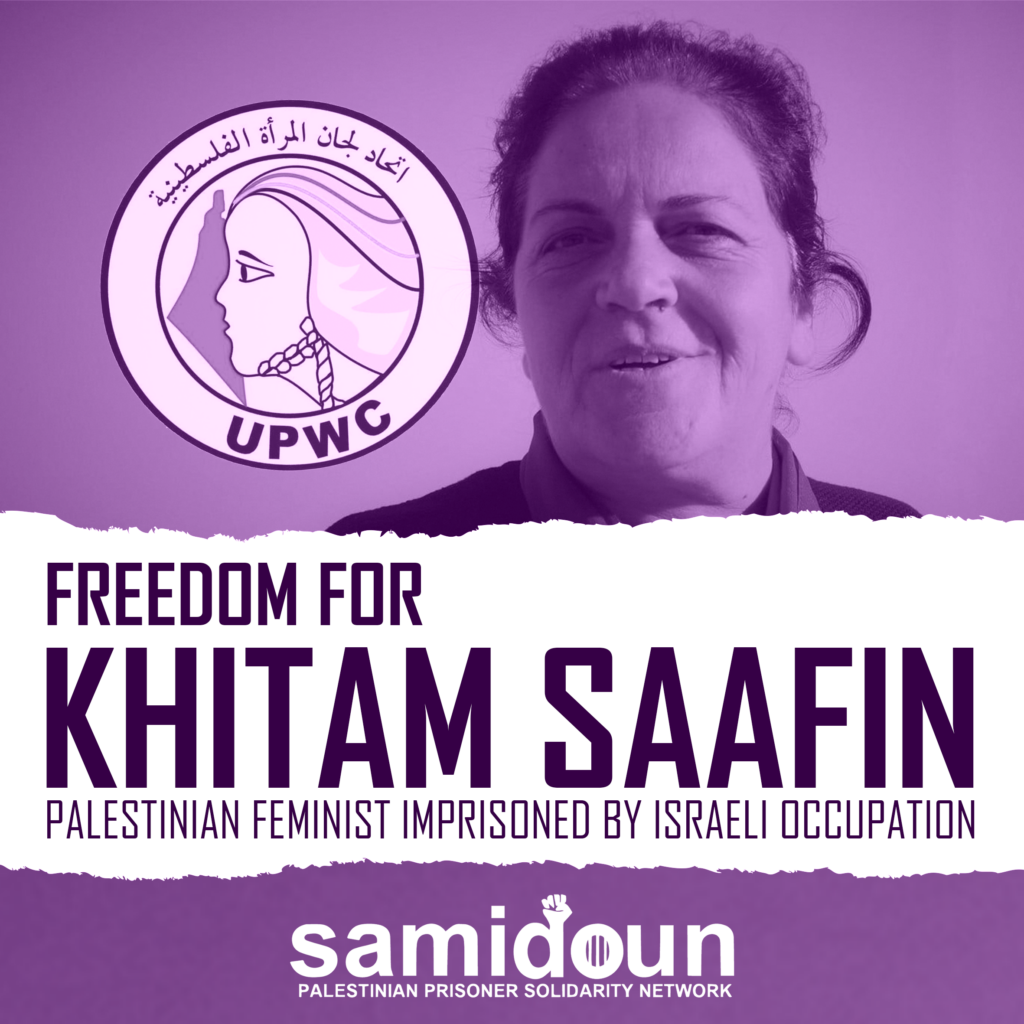
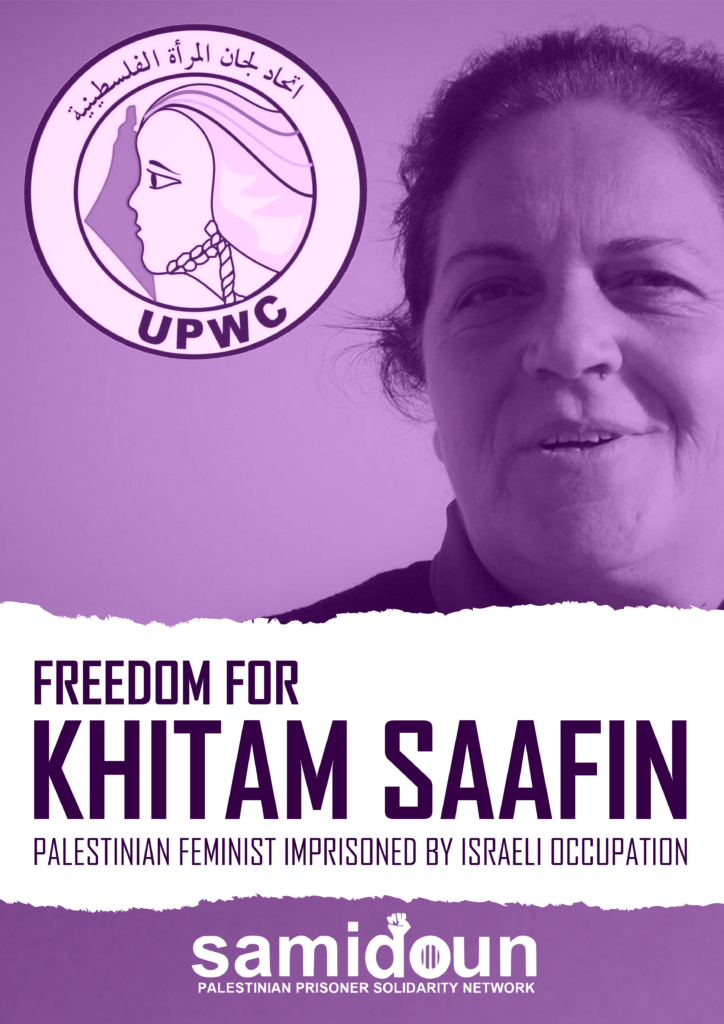
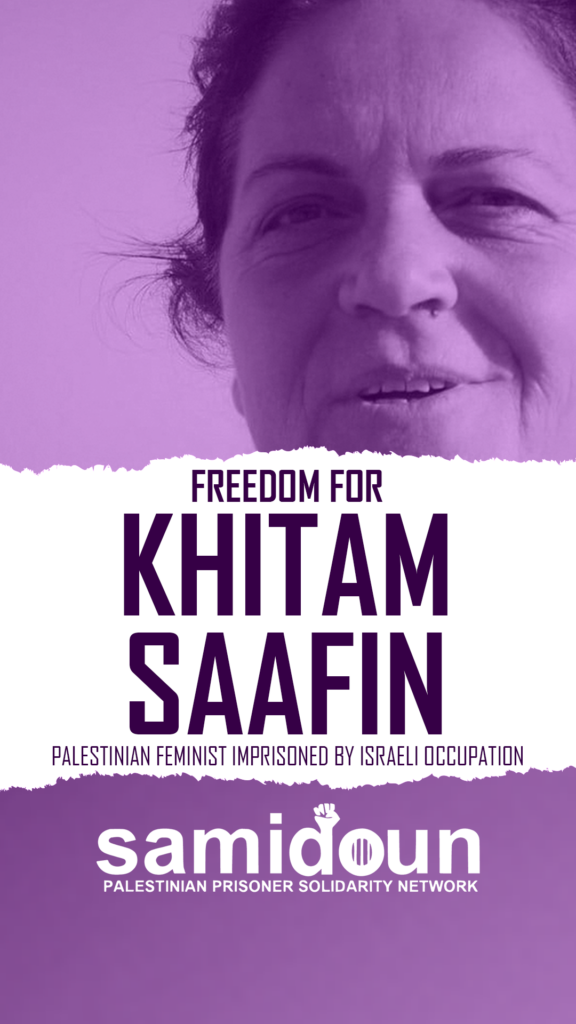
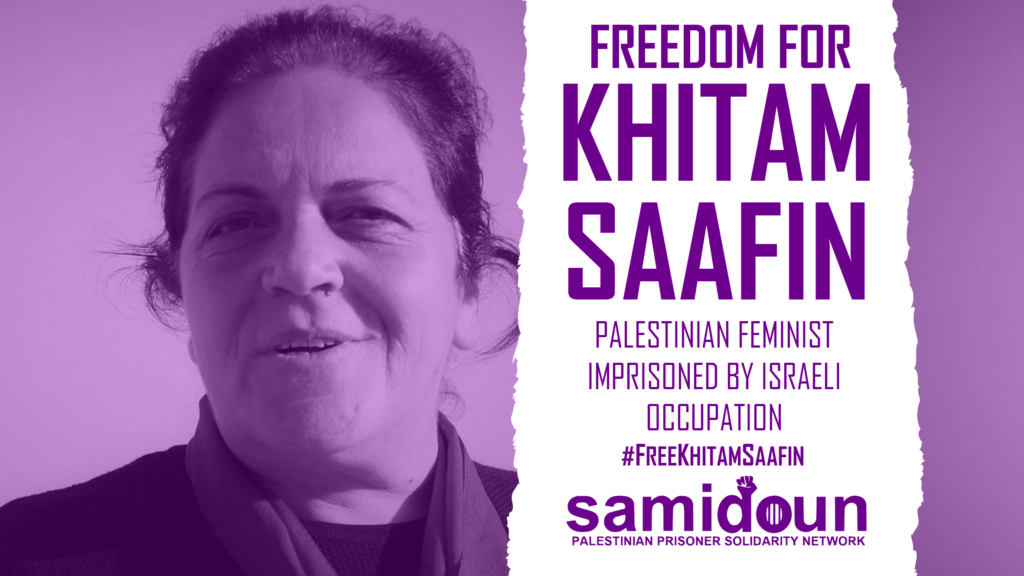
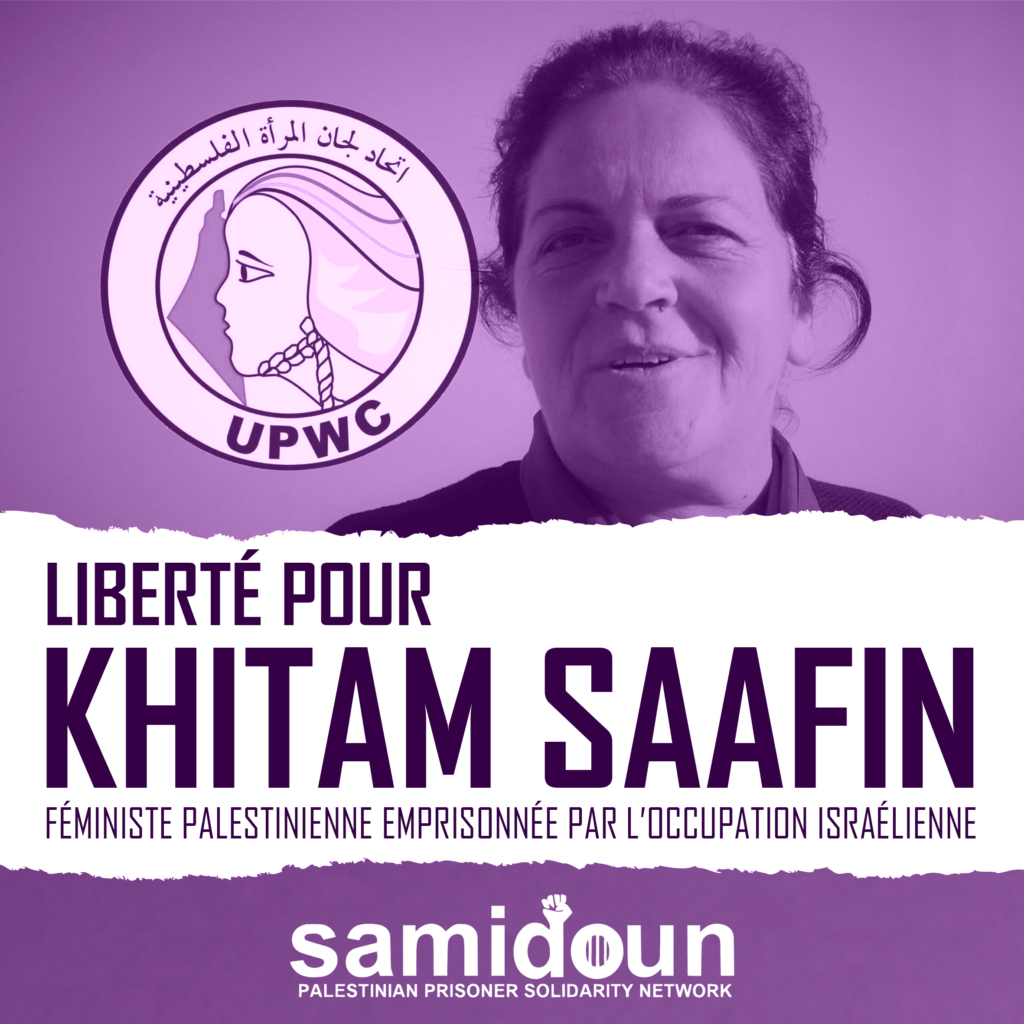
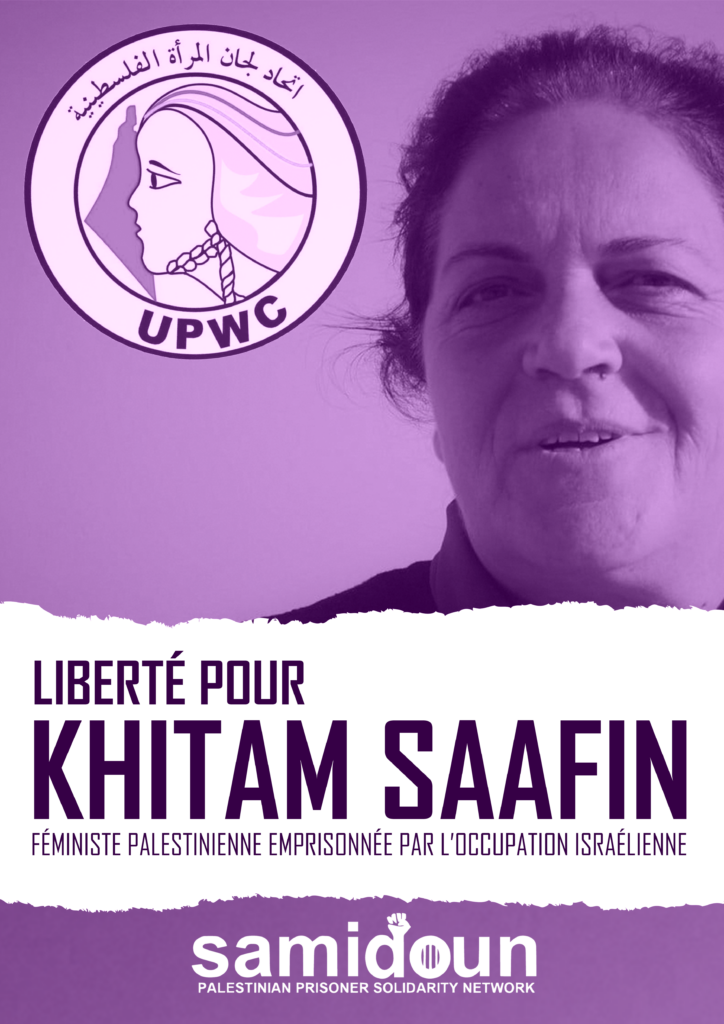
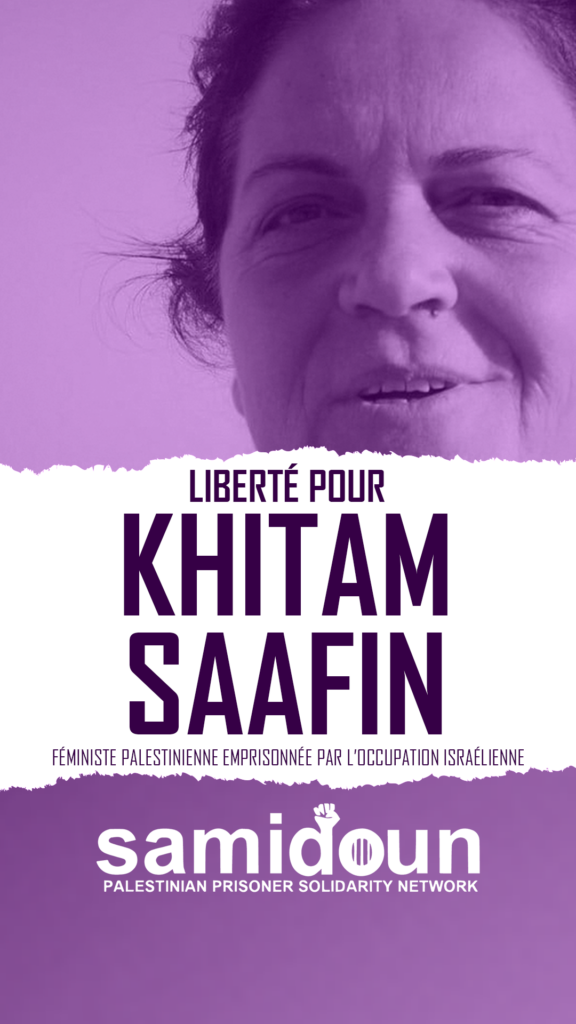
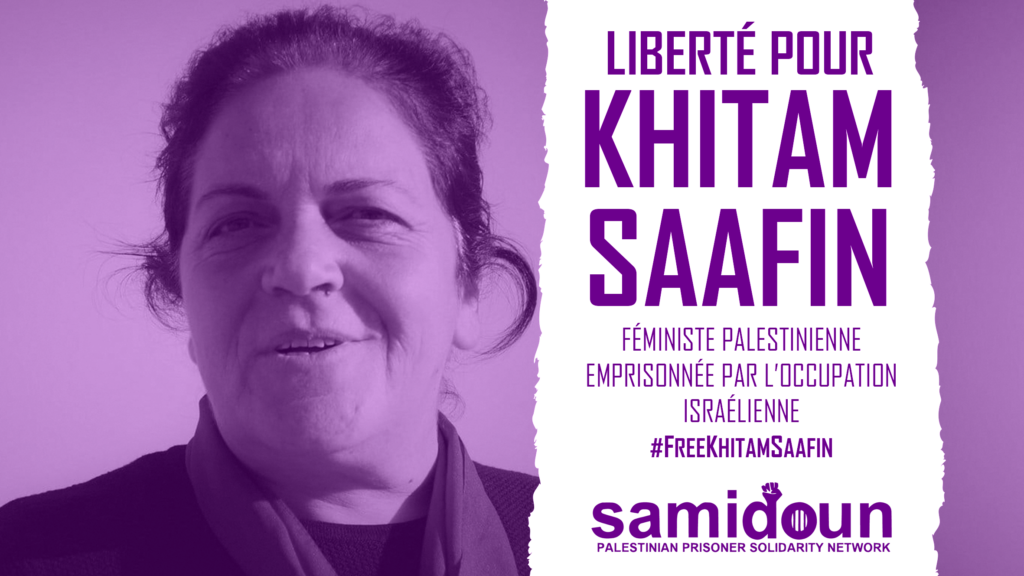

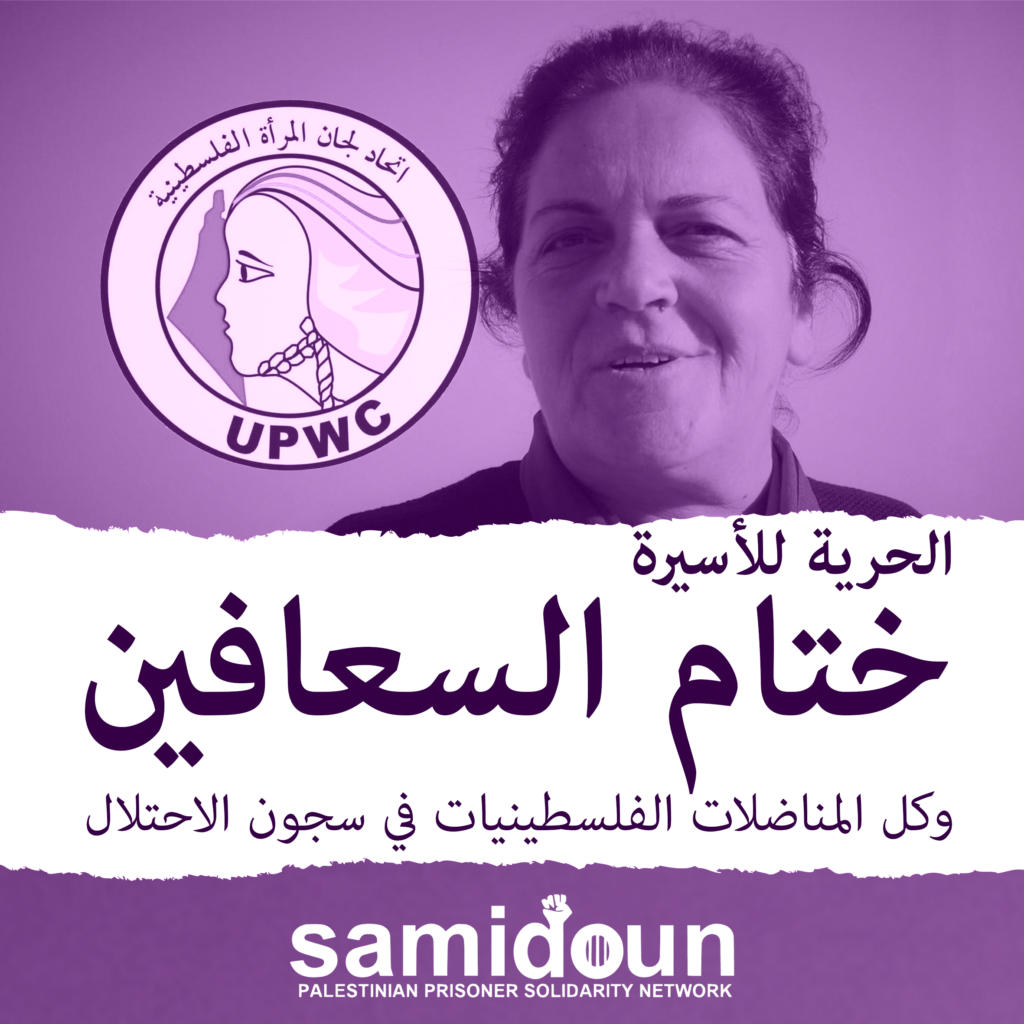
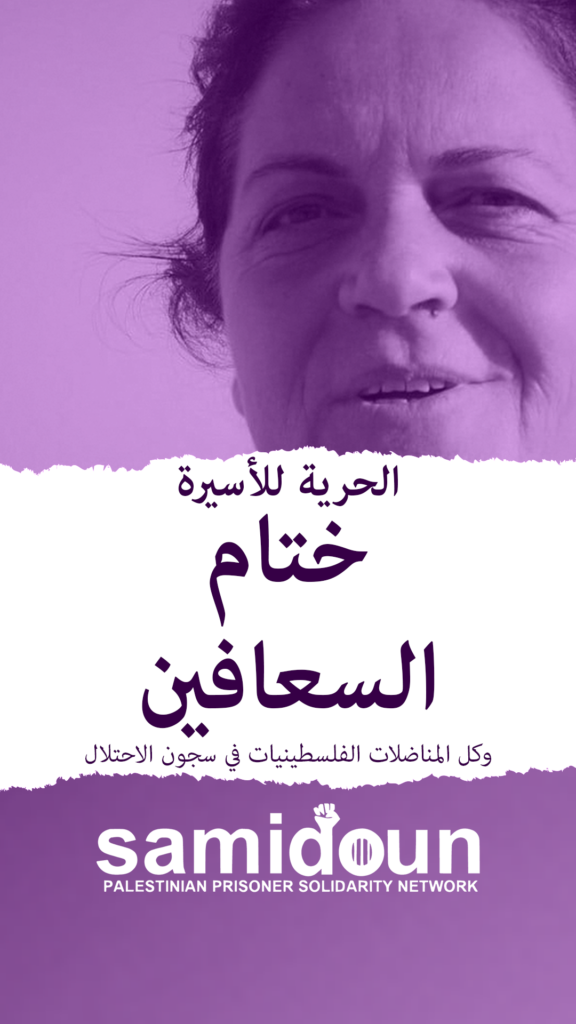
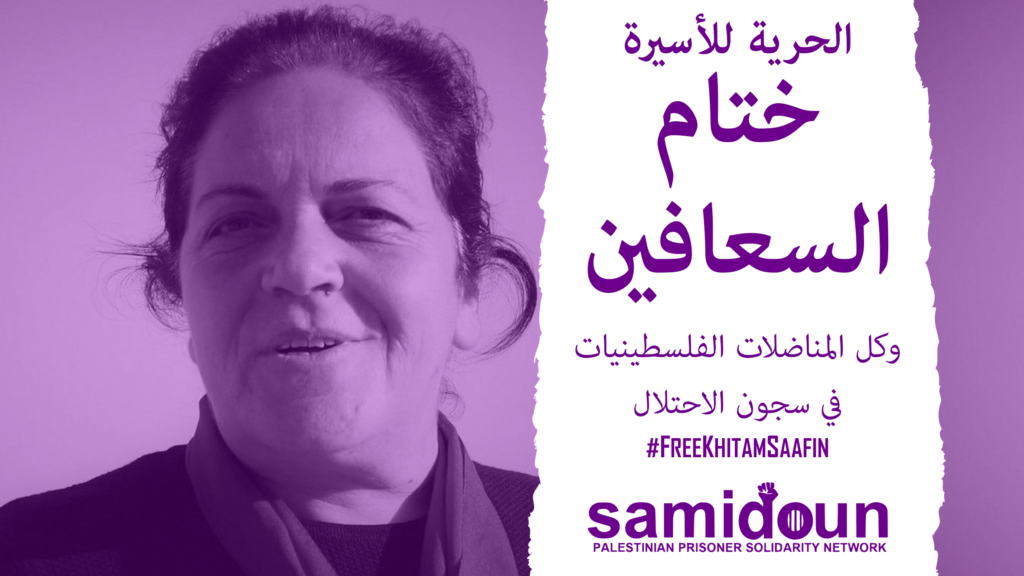

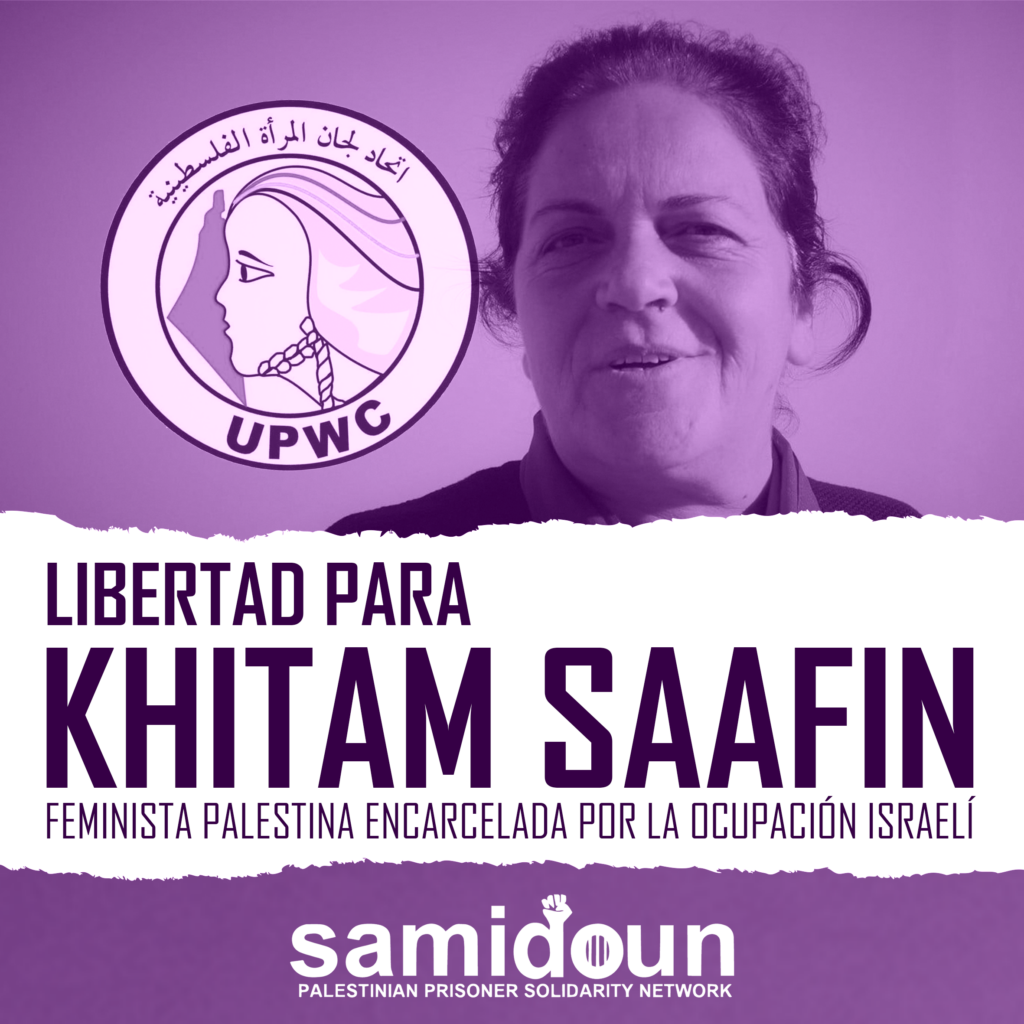
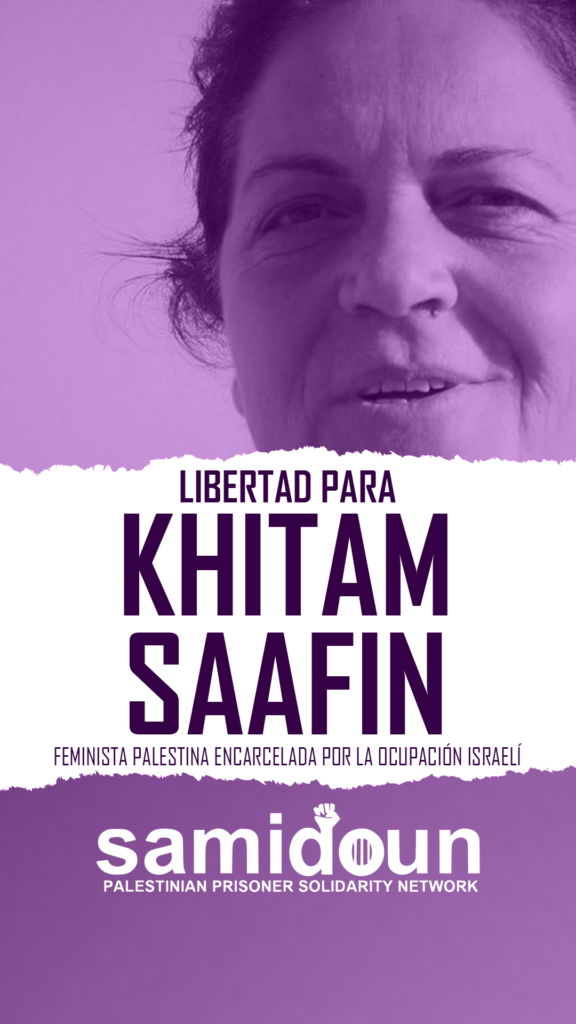
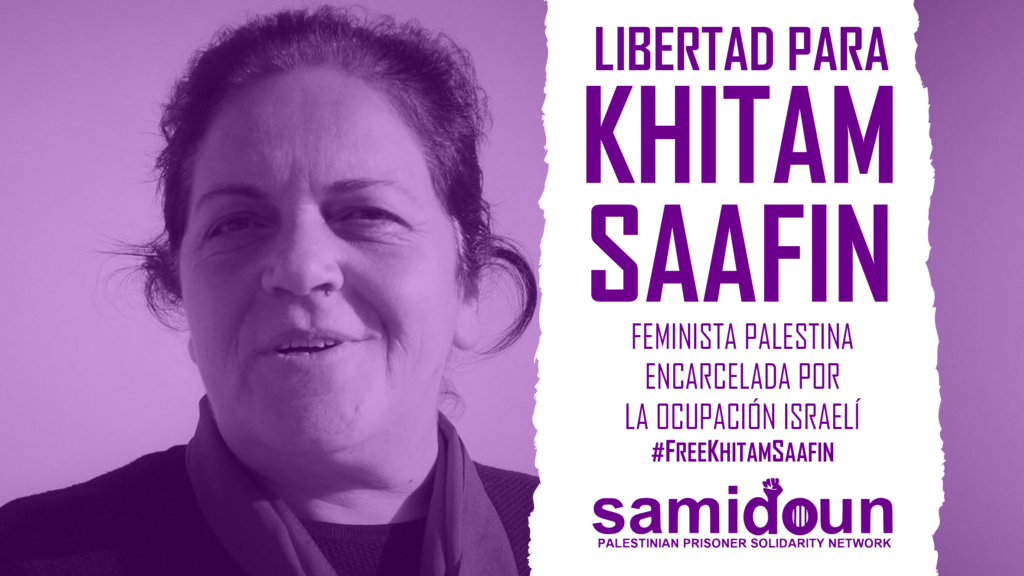

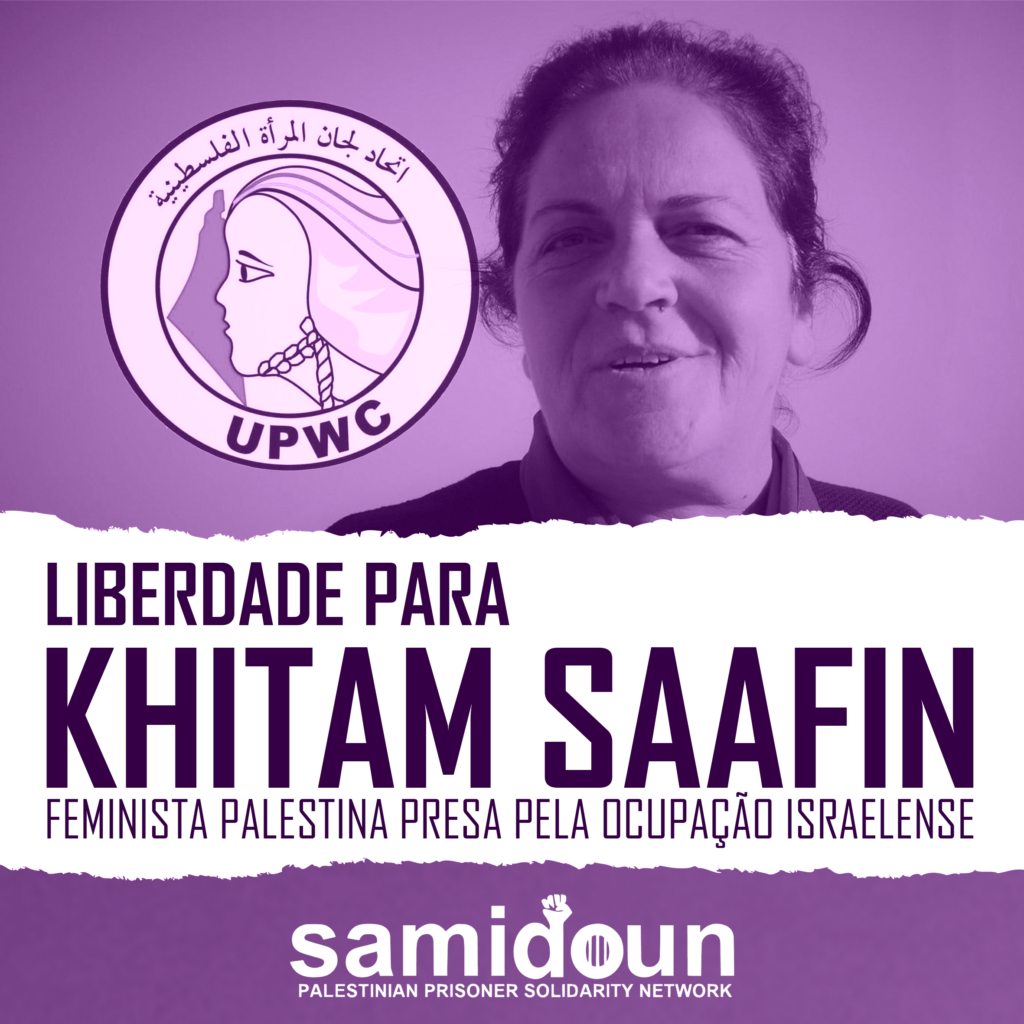
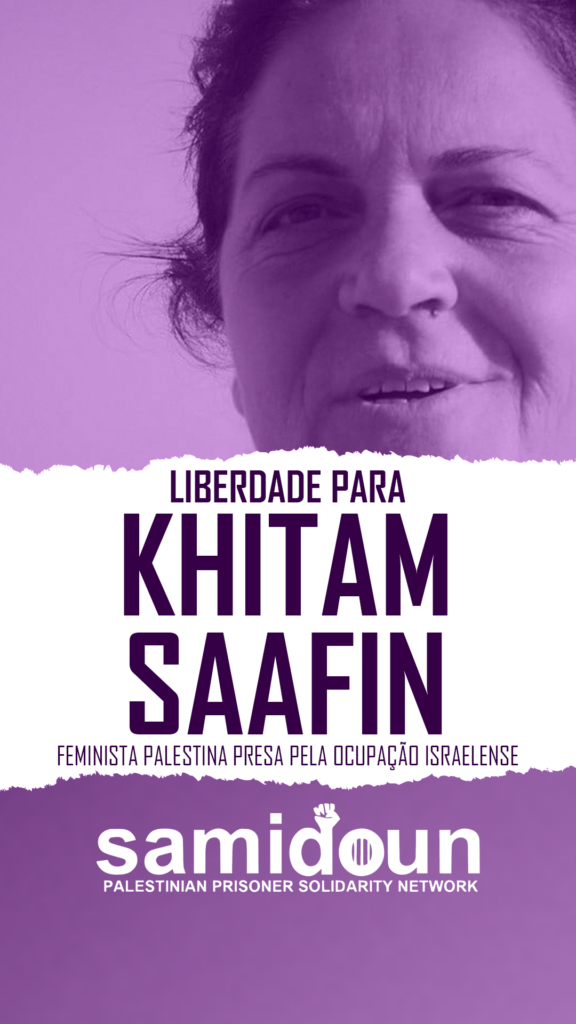
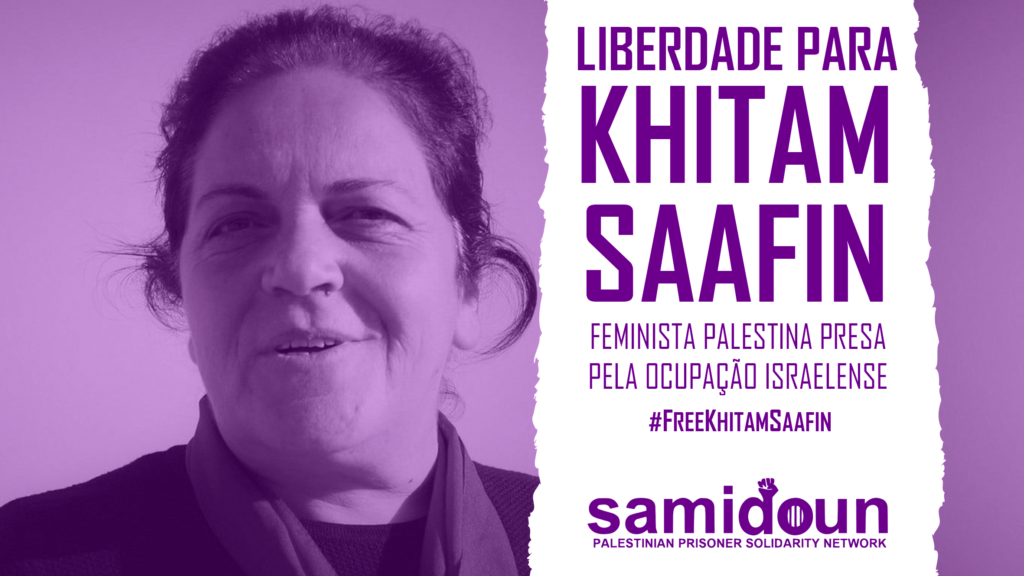
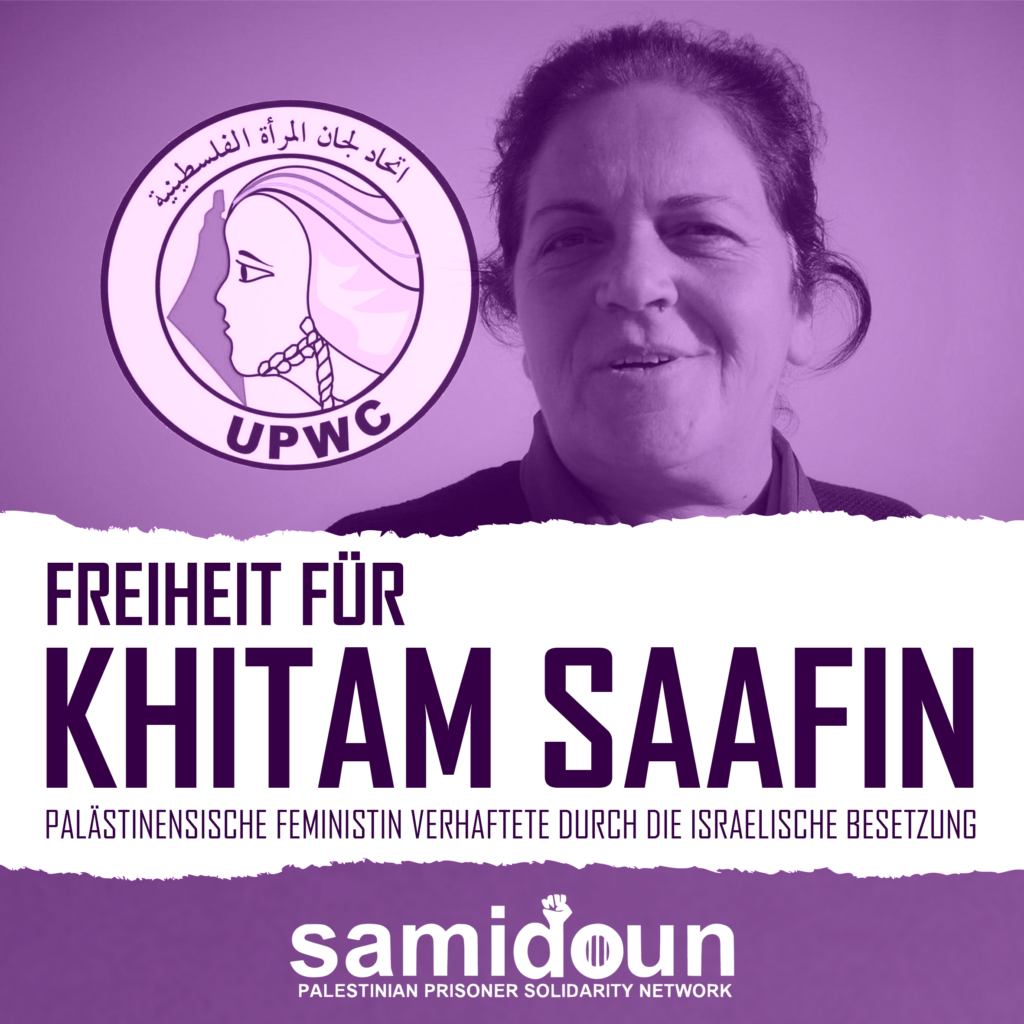
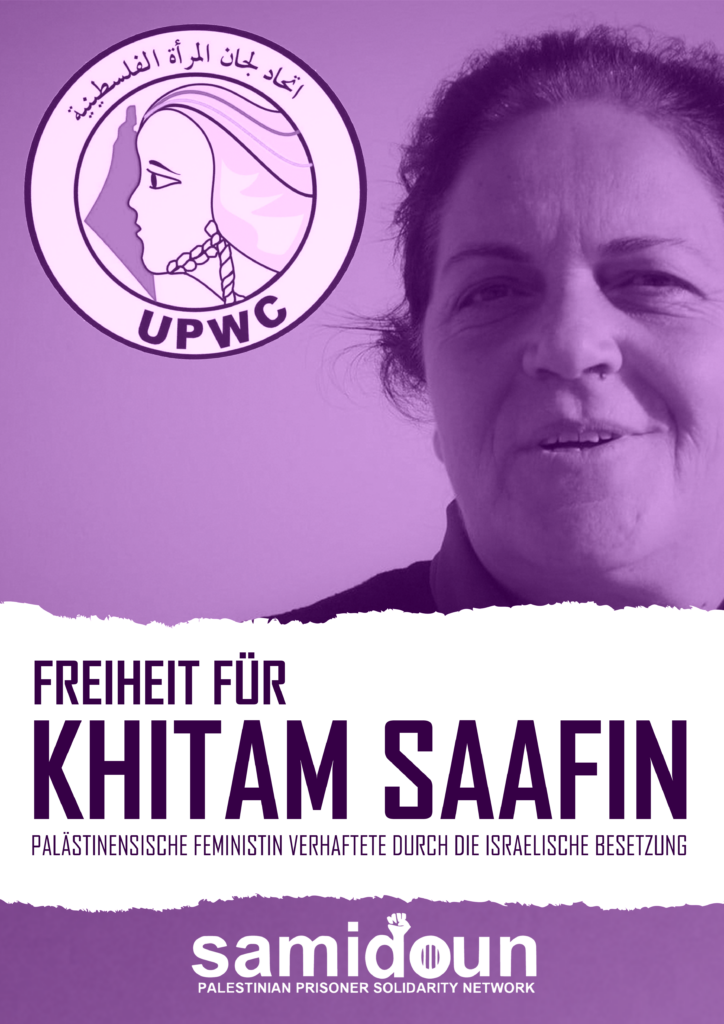
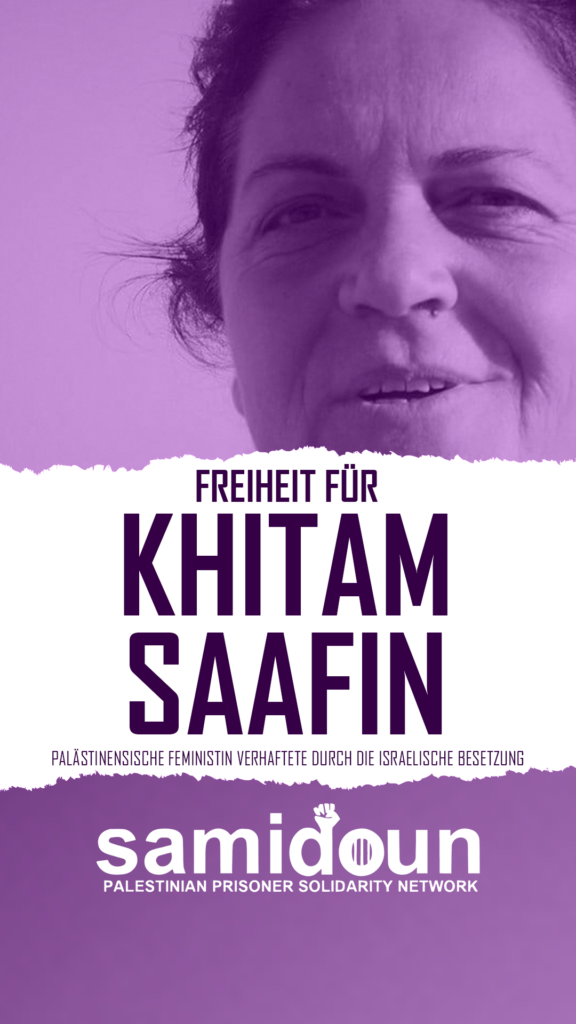
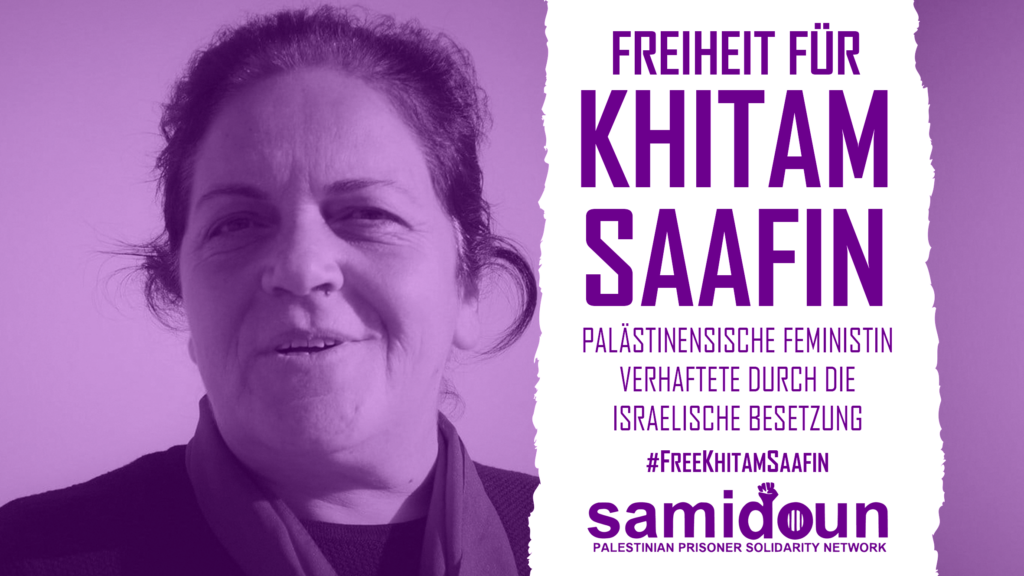
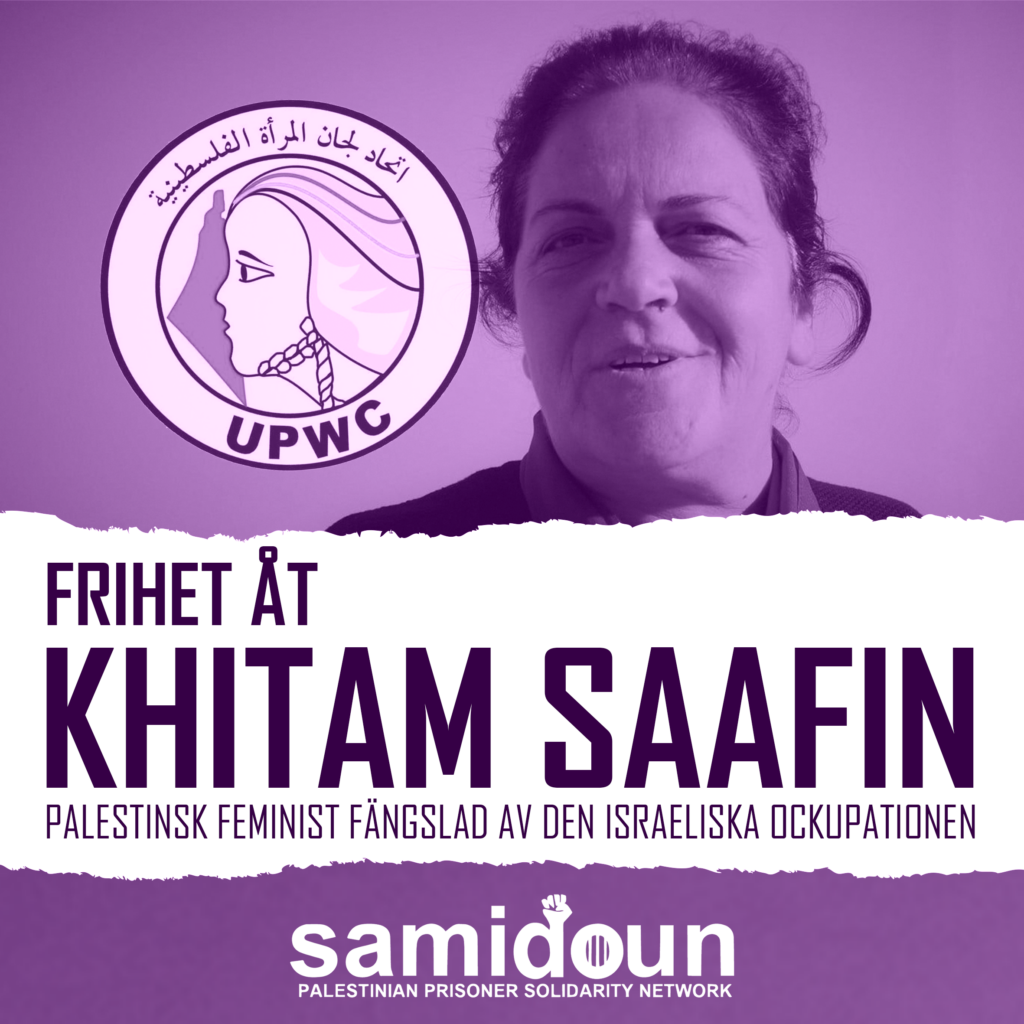
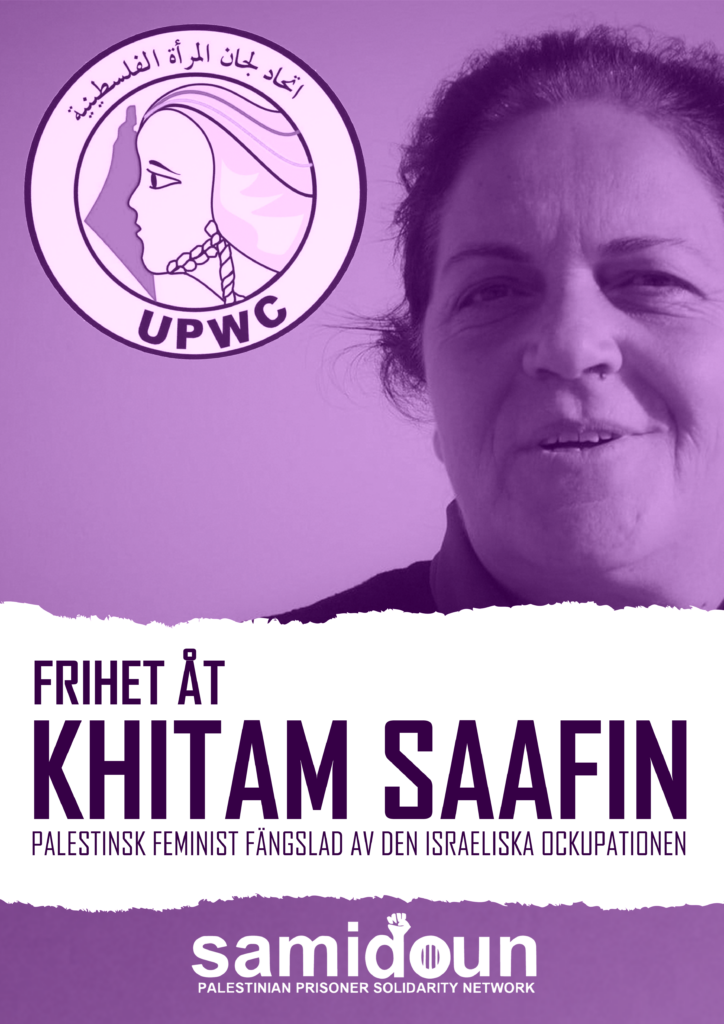
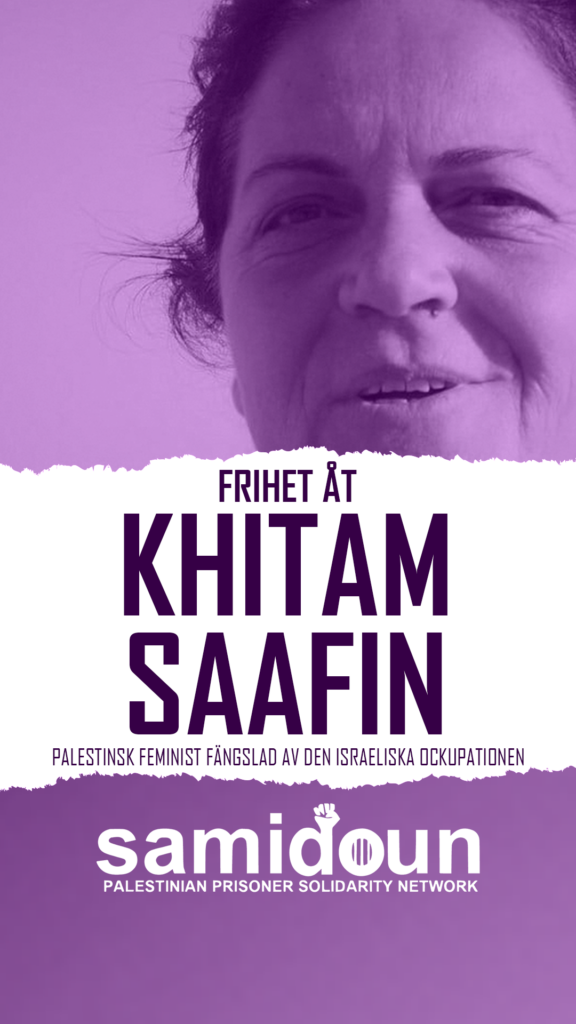
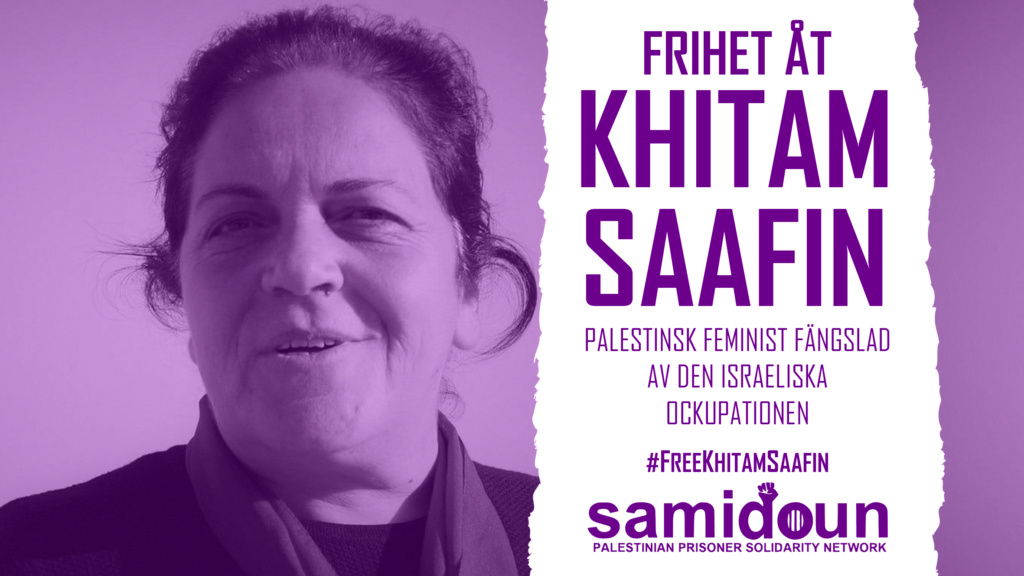
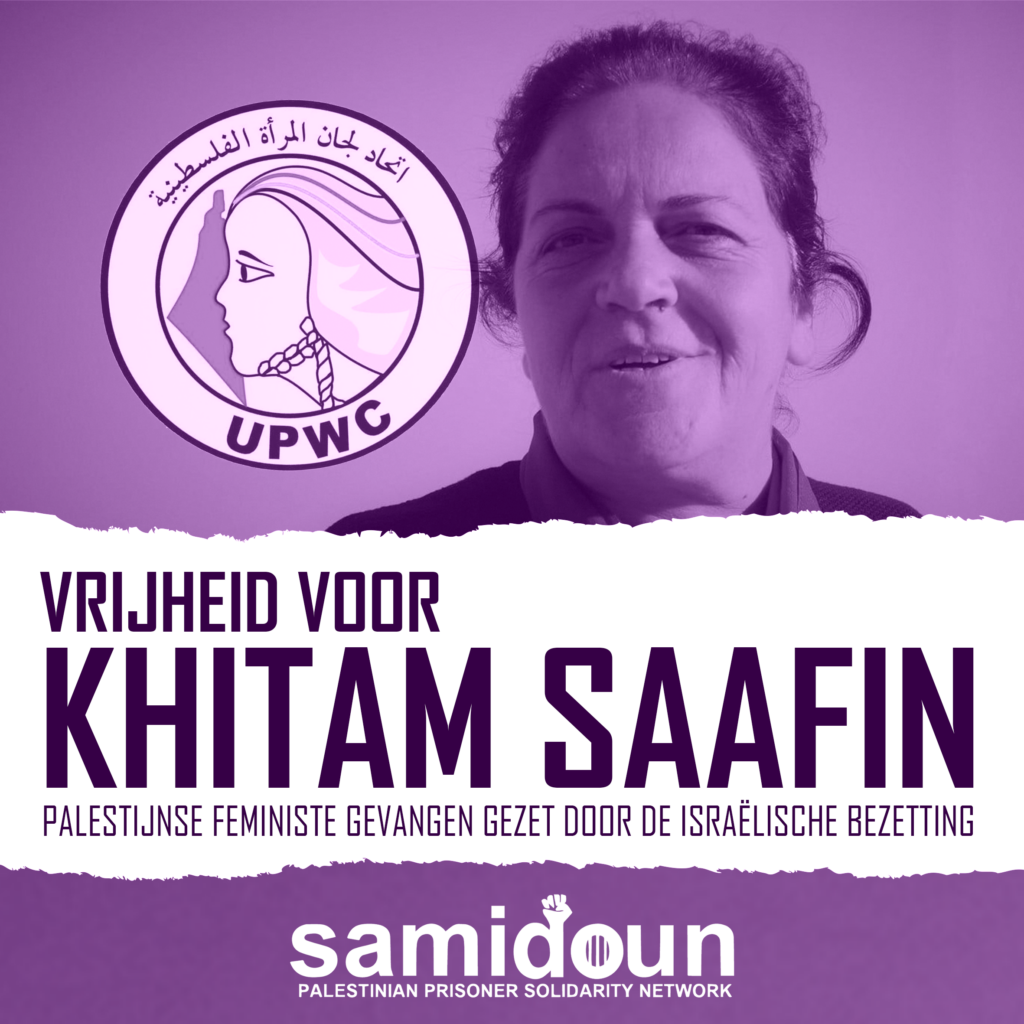
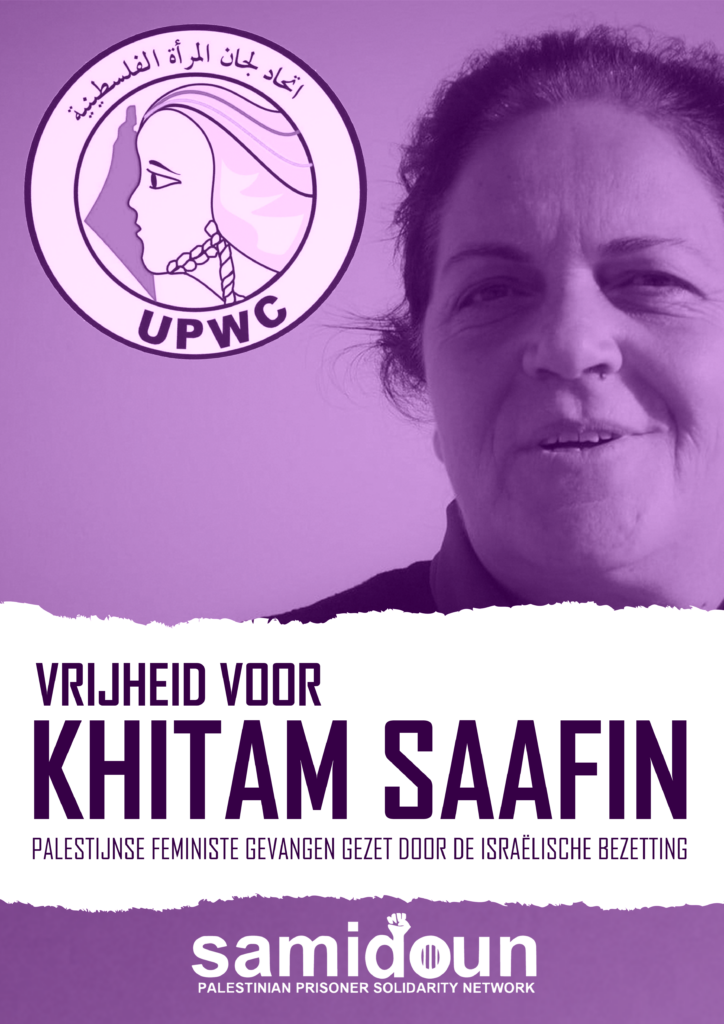
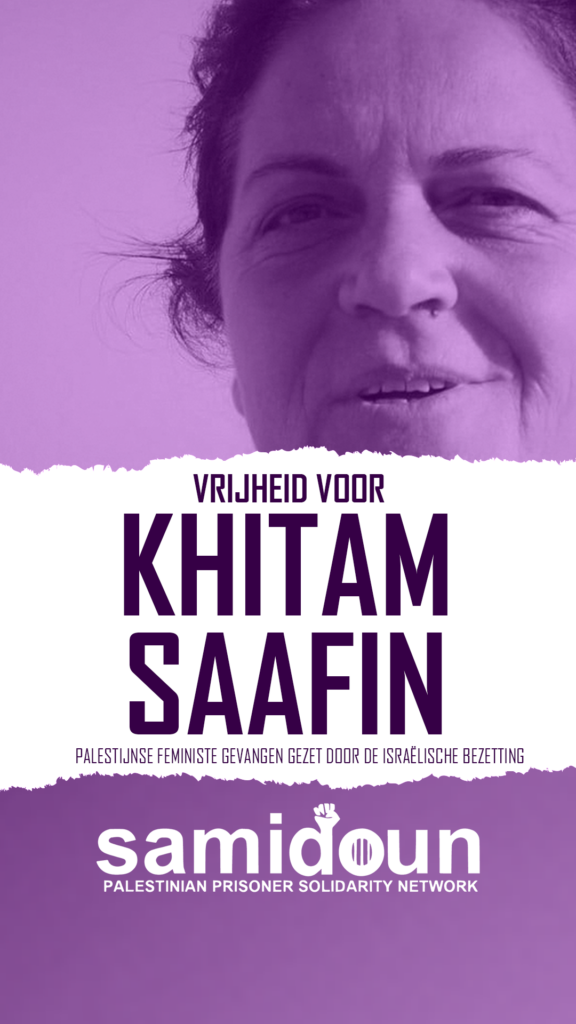
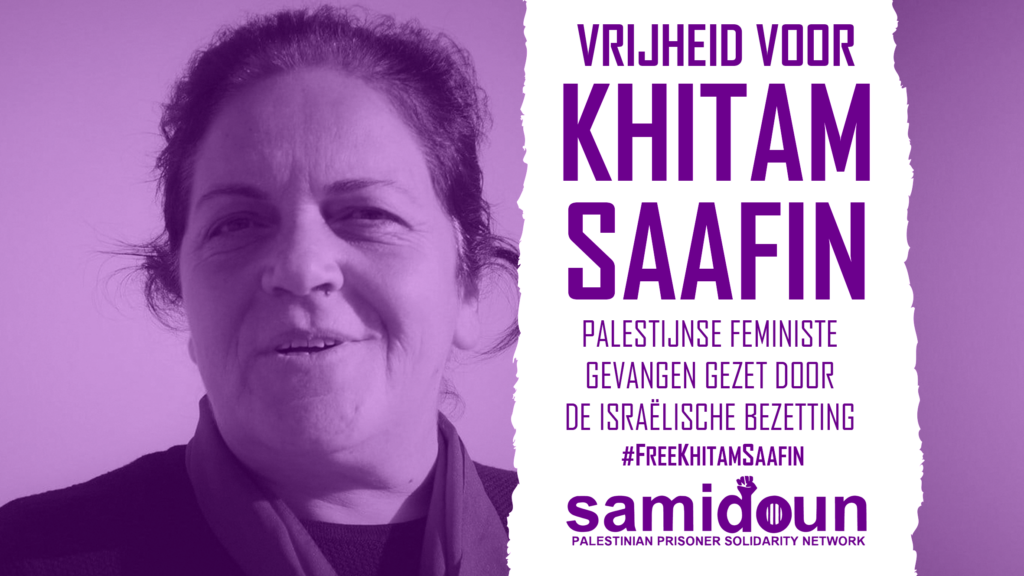

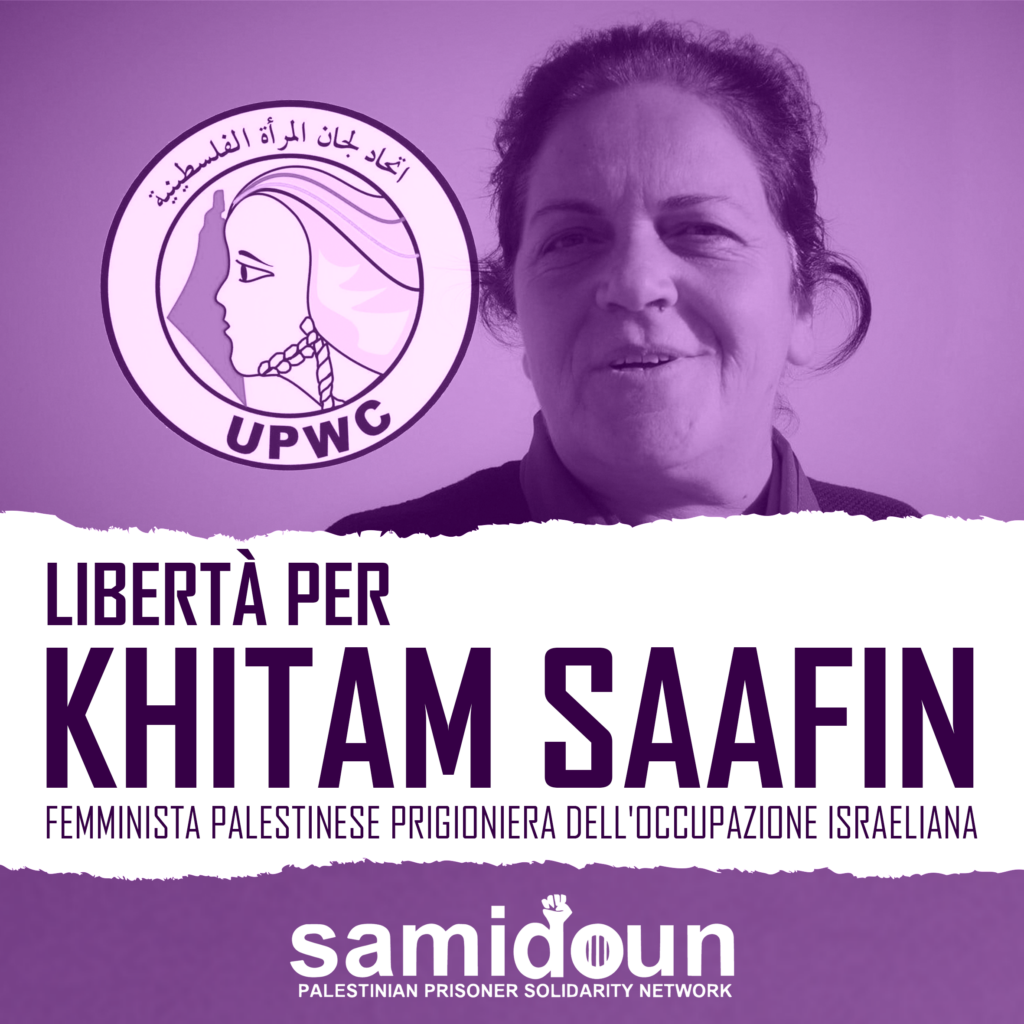
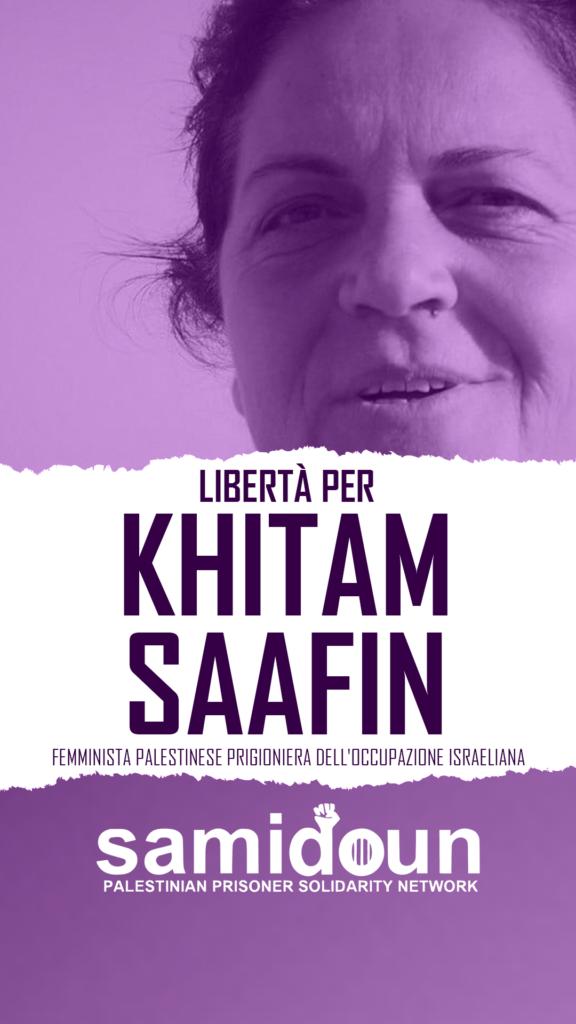
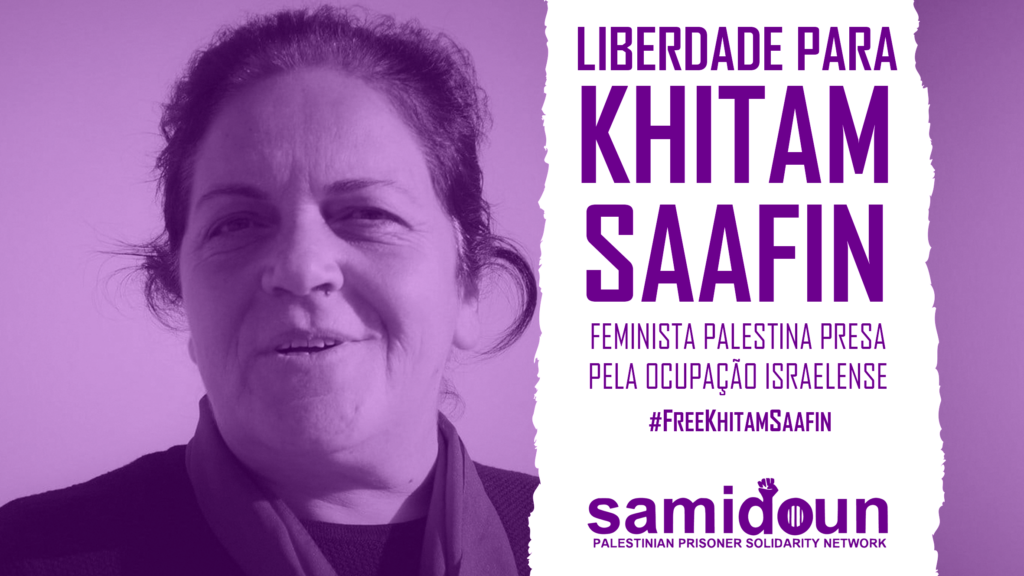

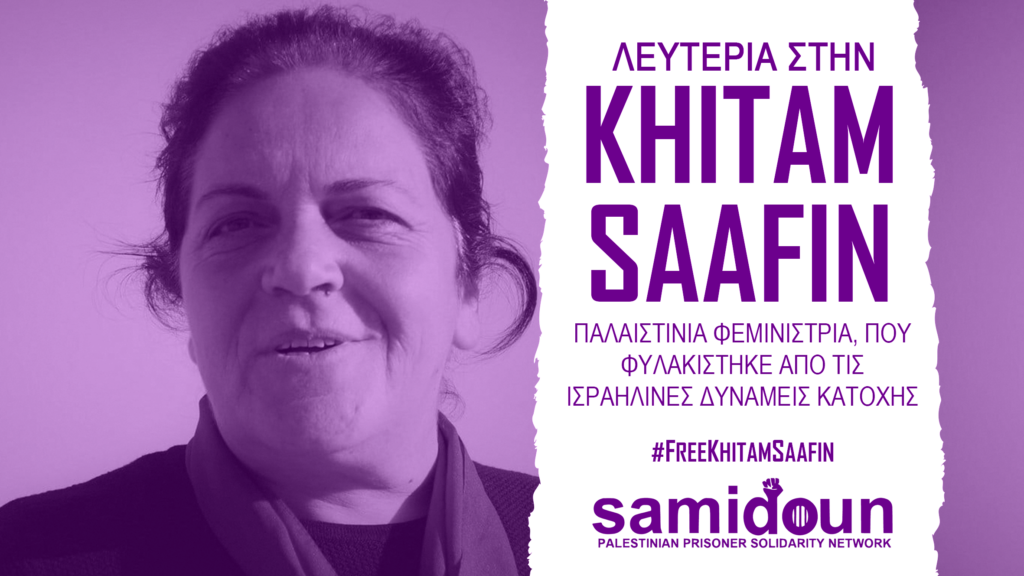
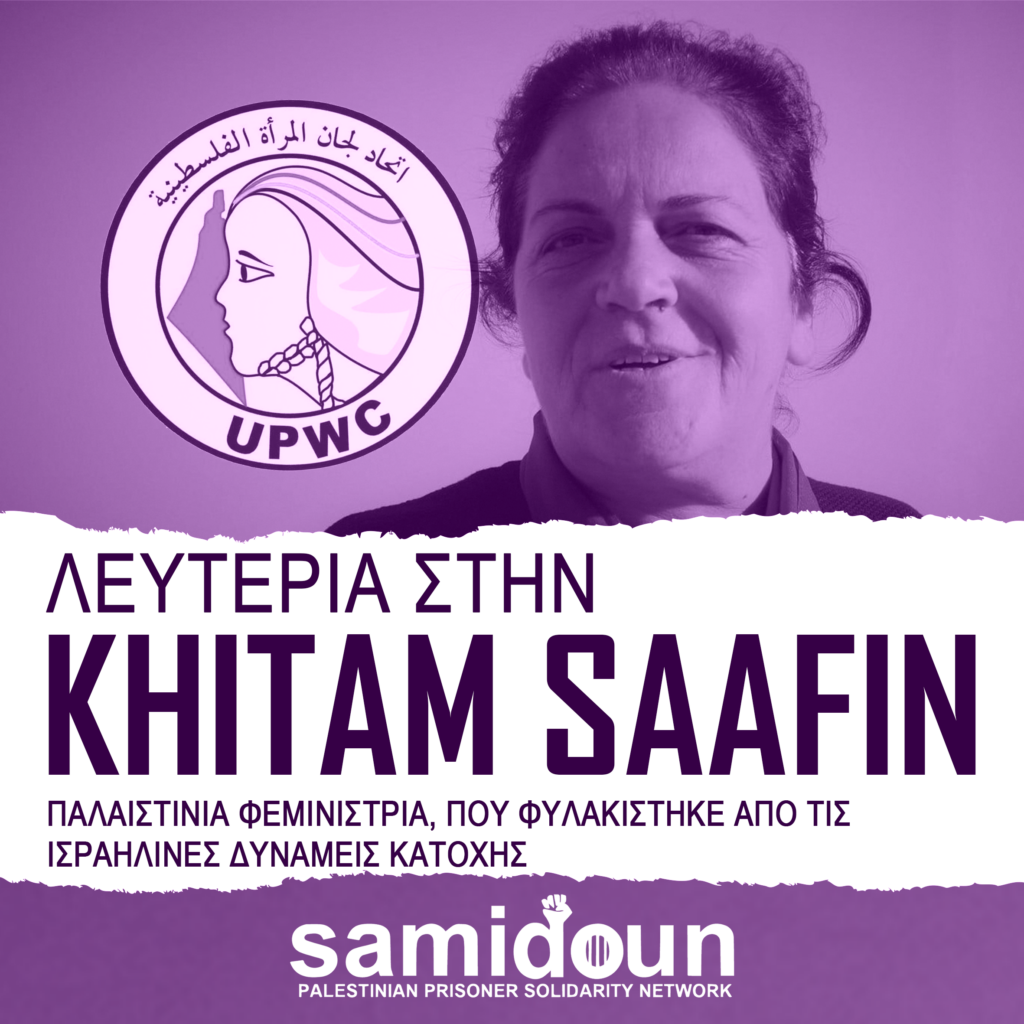
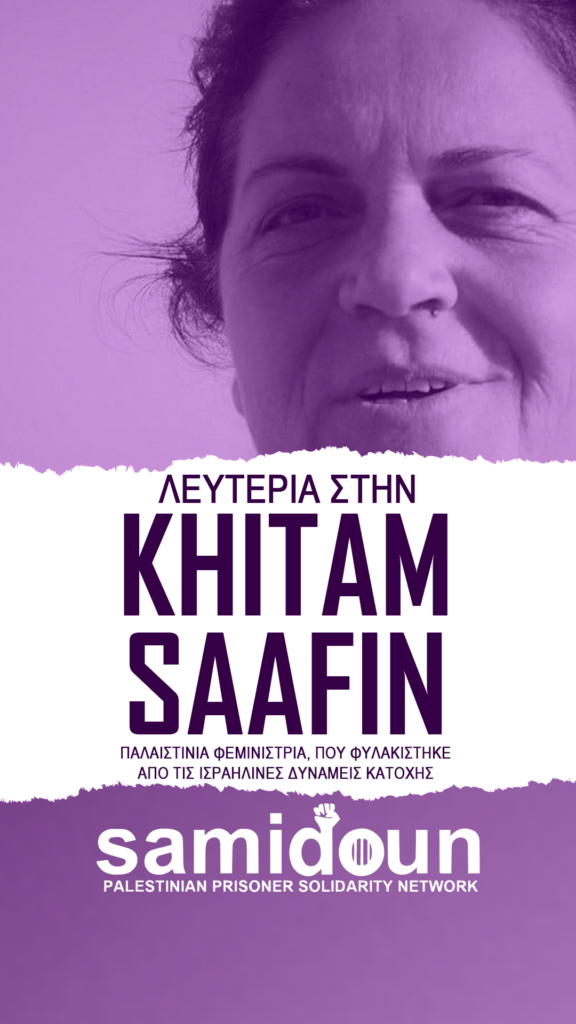

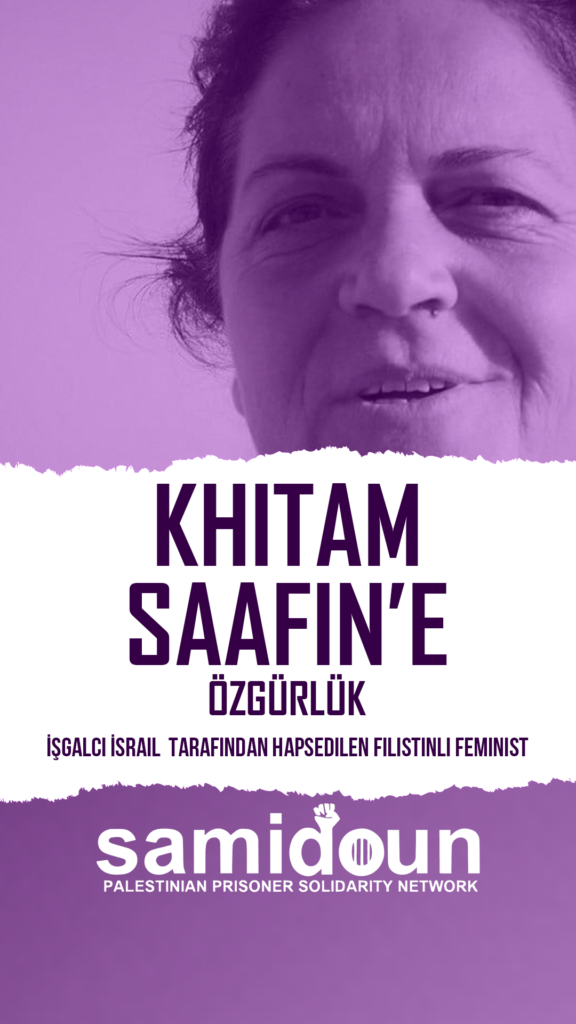
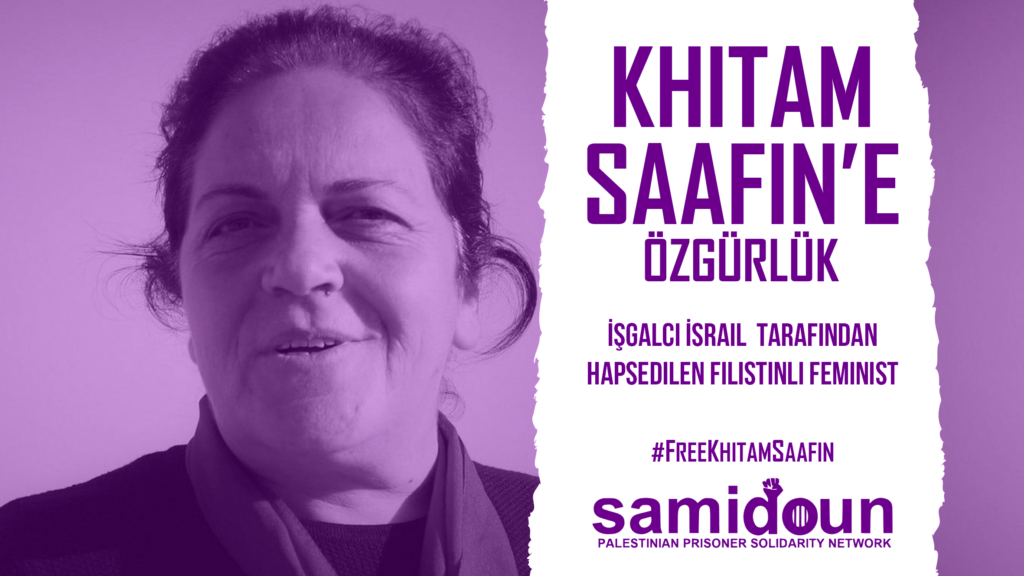
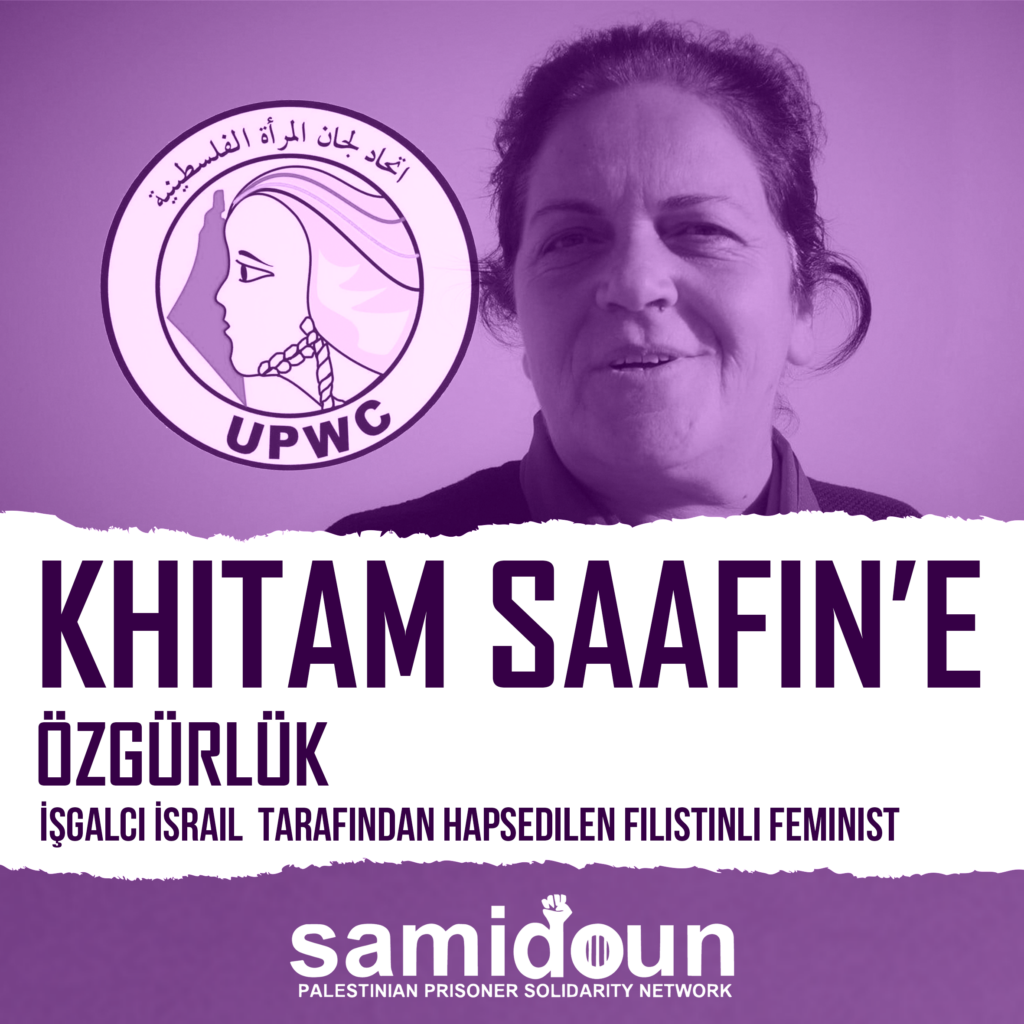
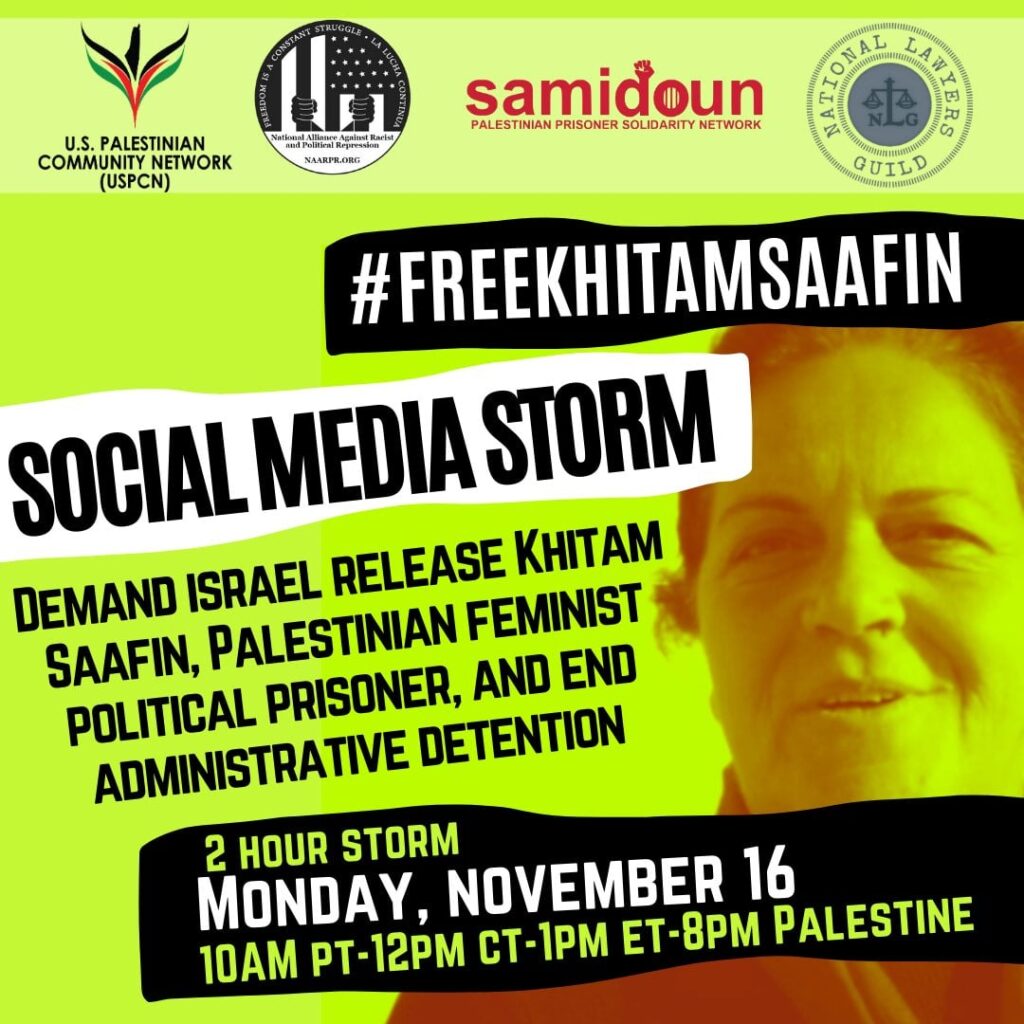
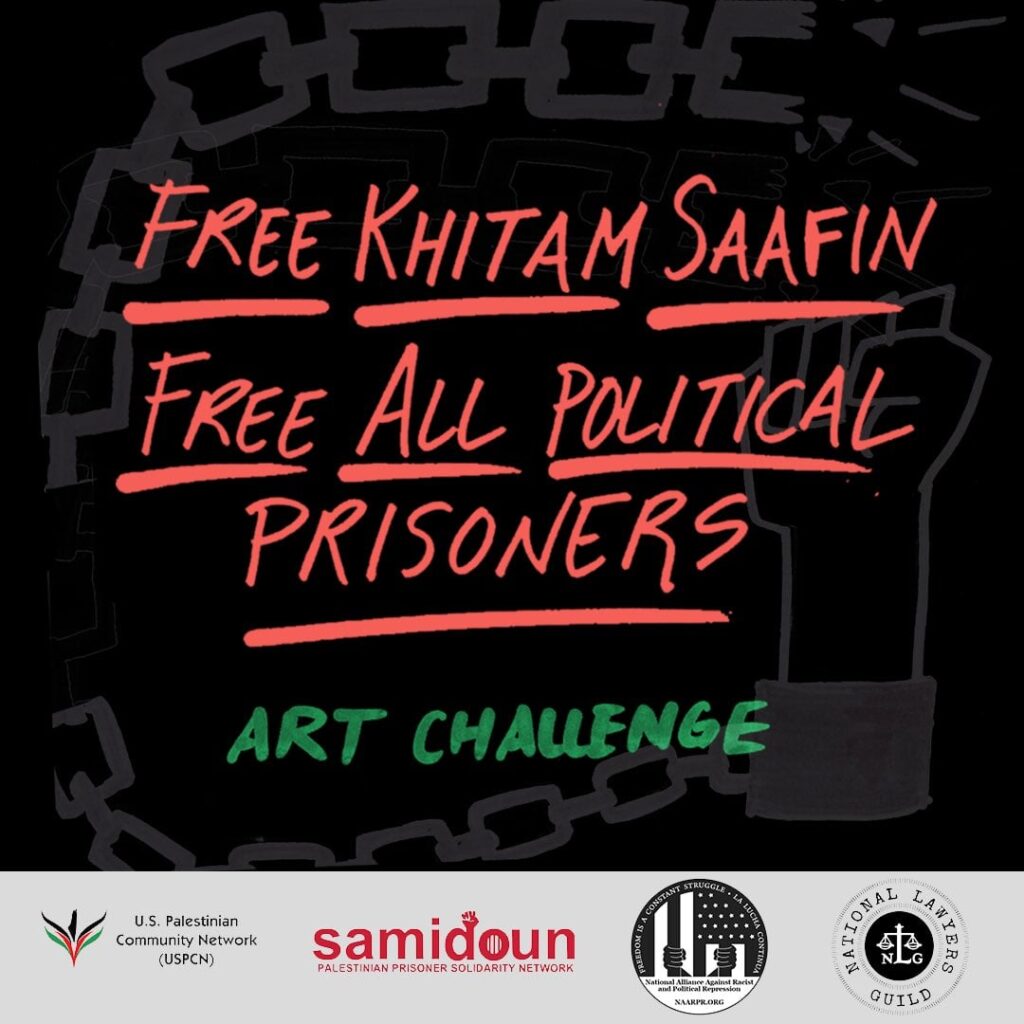
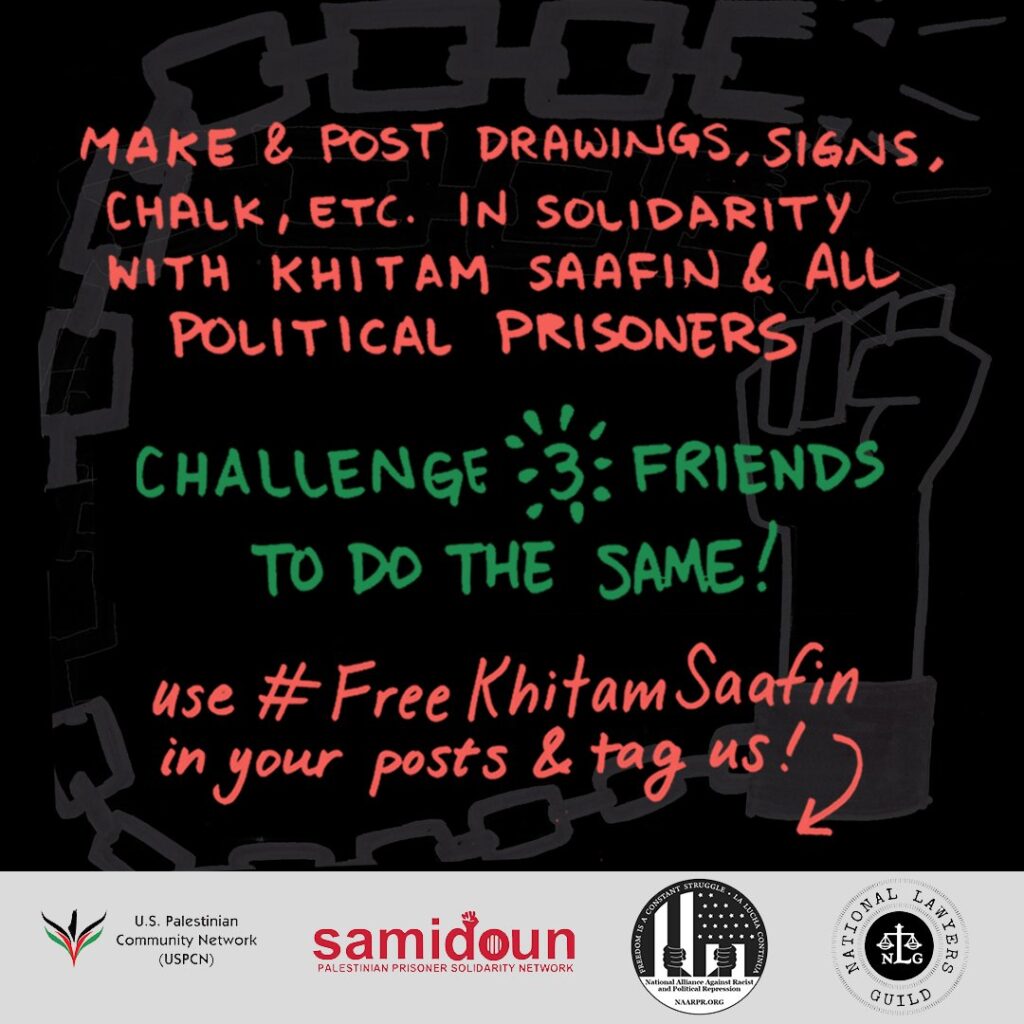

 Palestinian student prisoner
Palestinian student prisoner 

